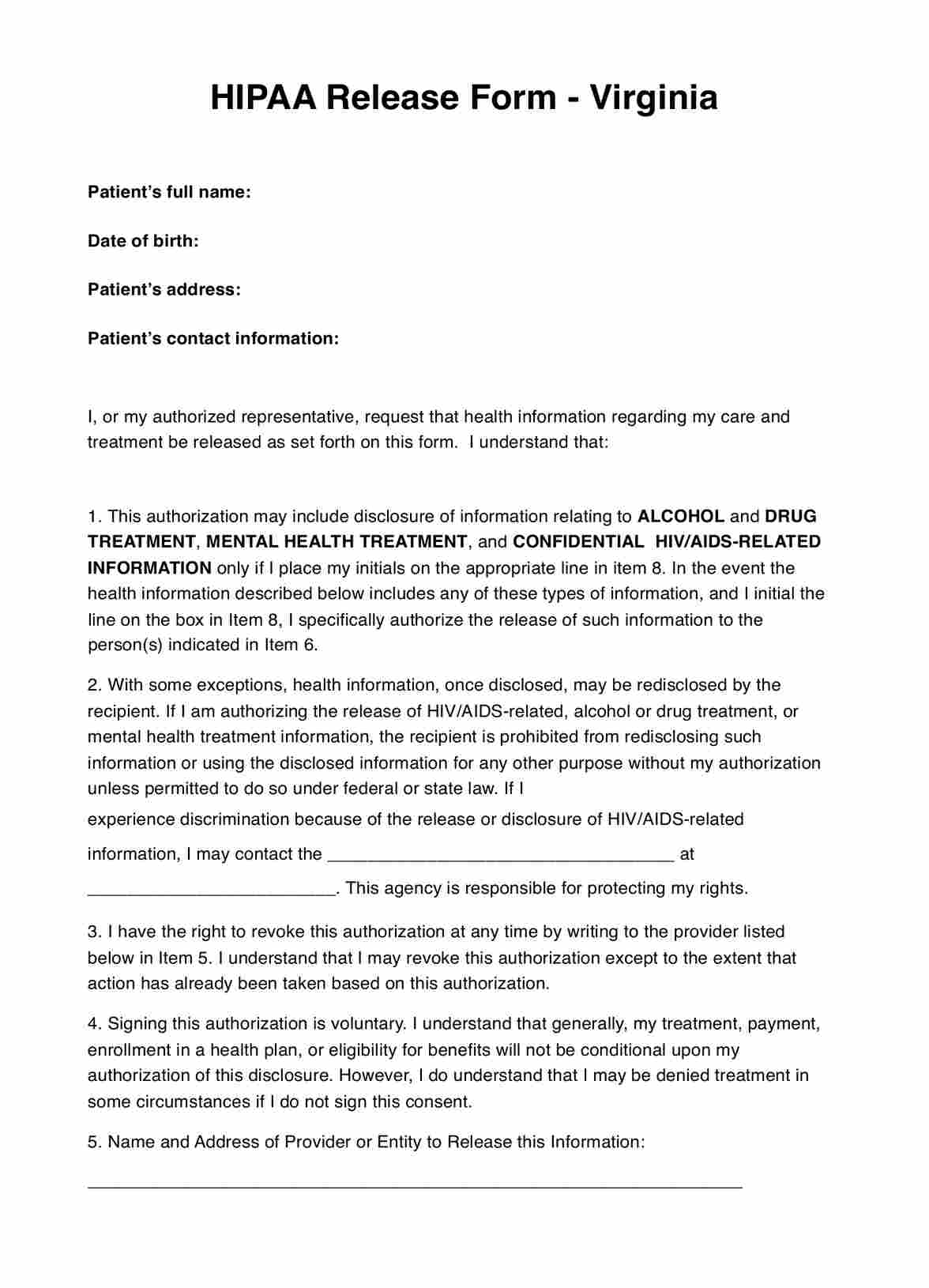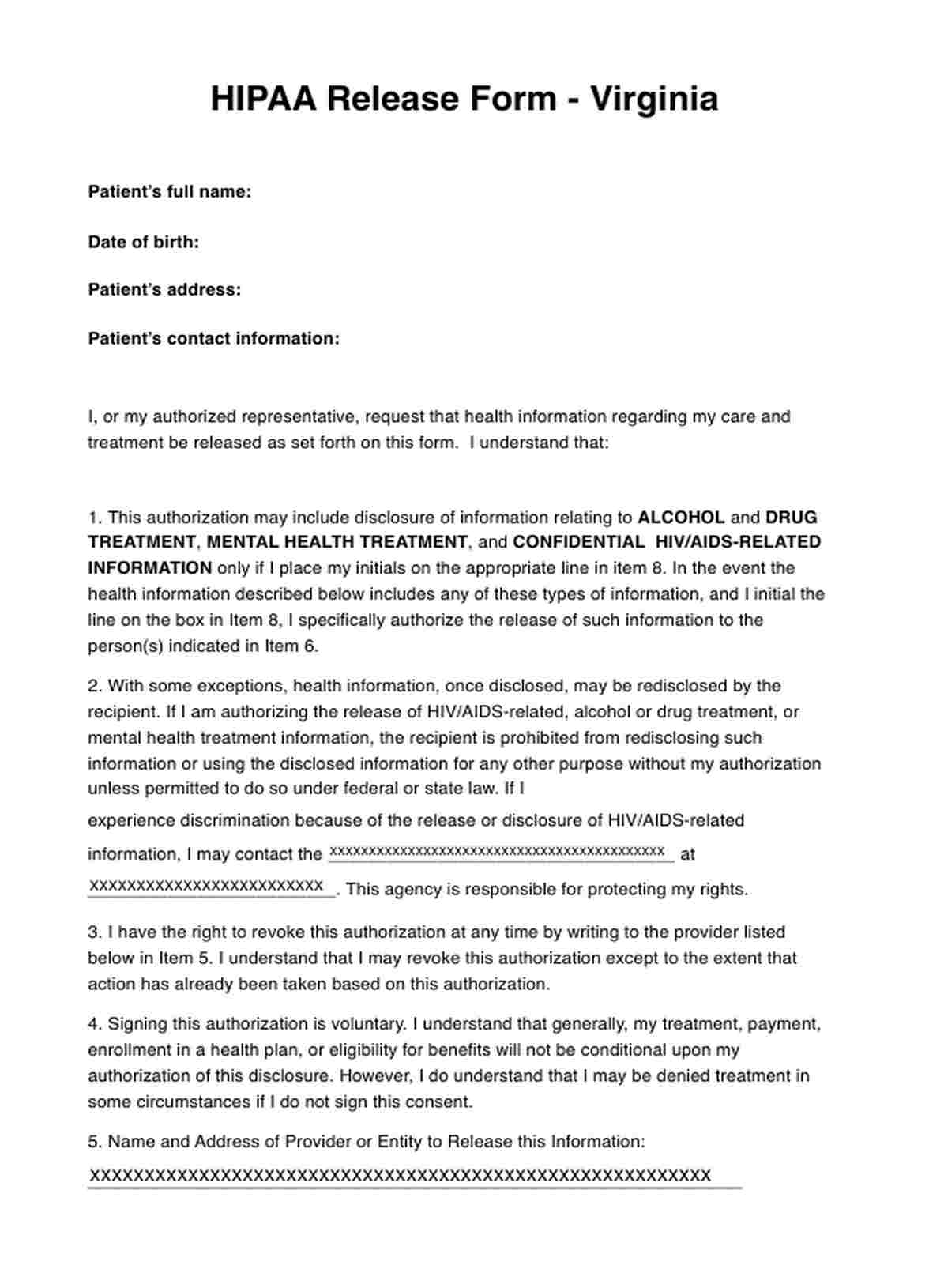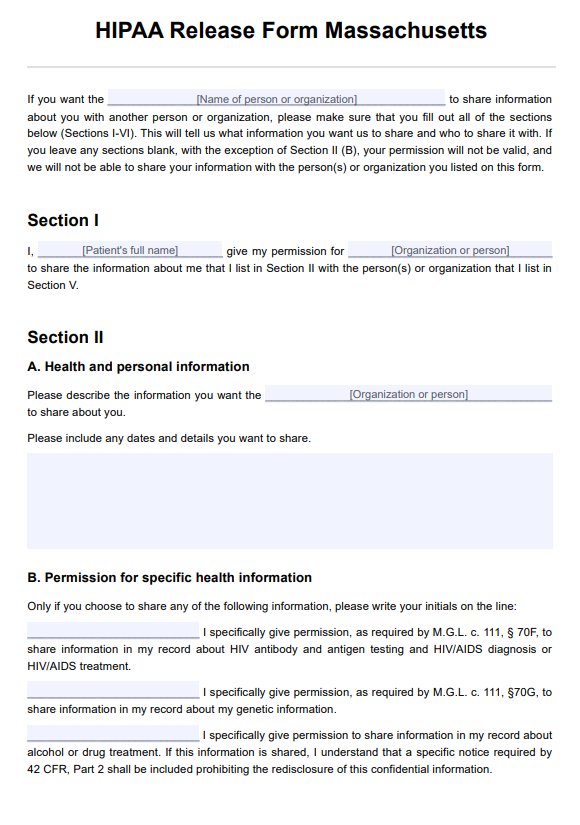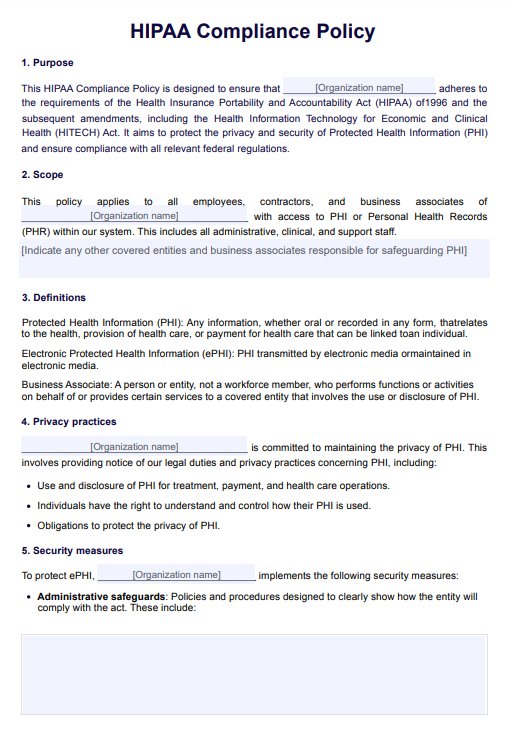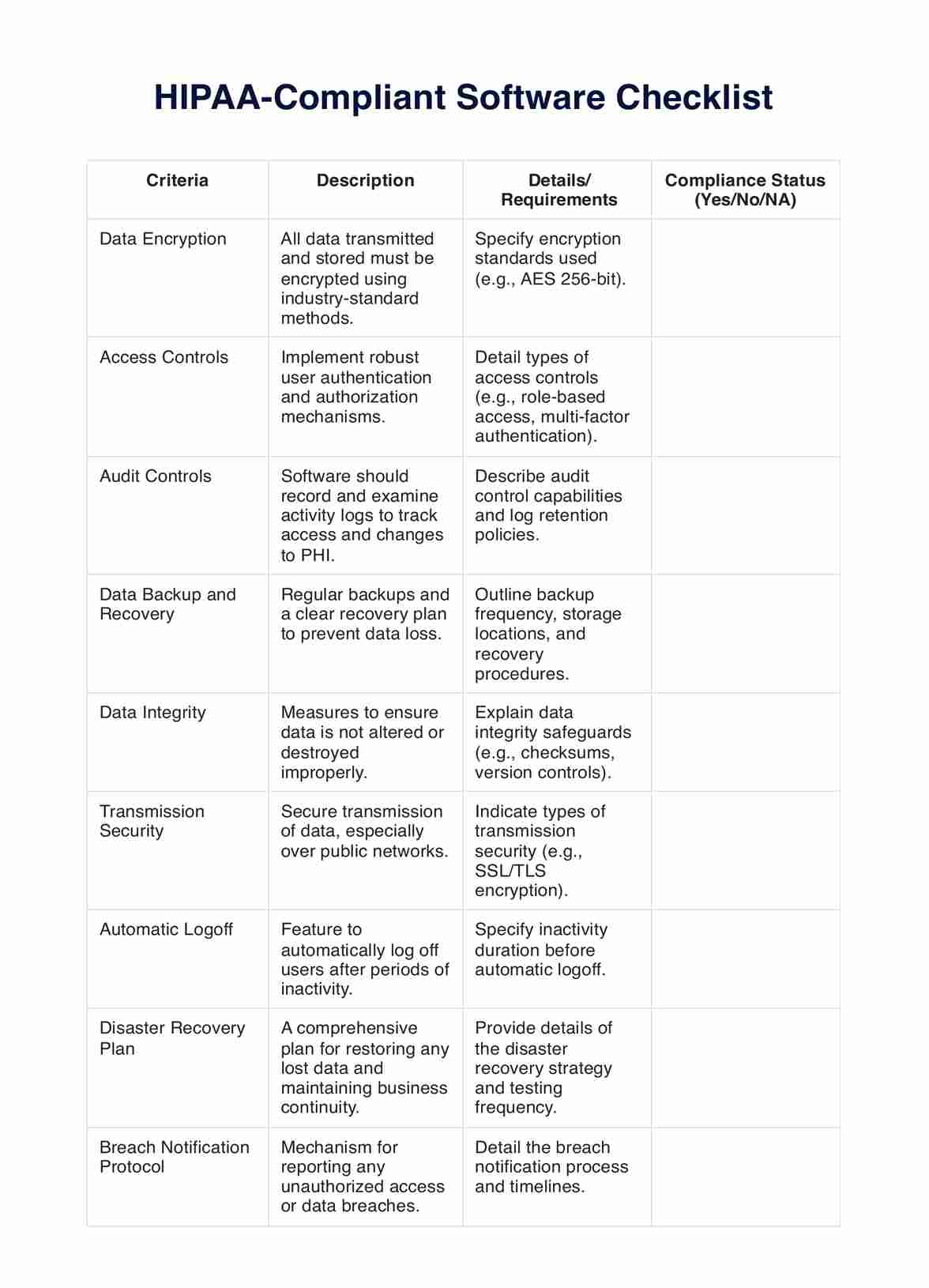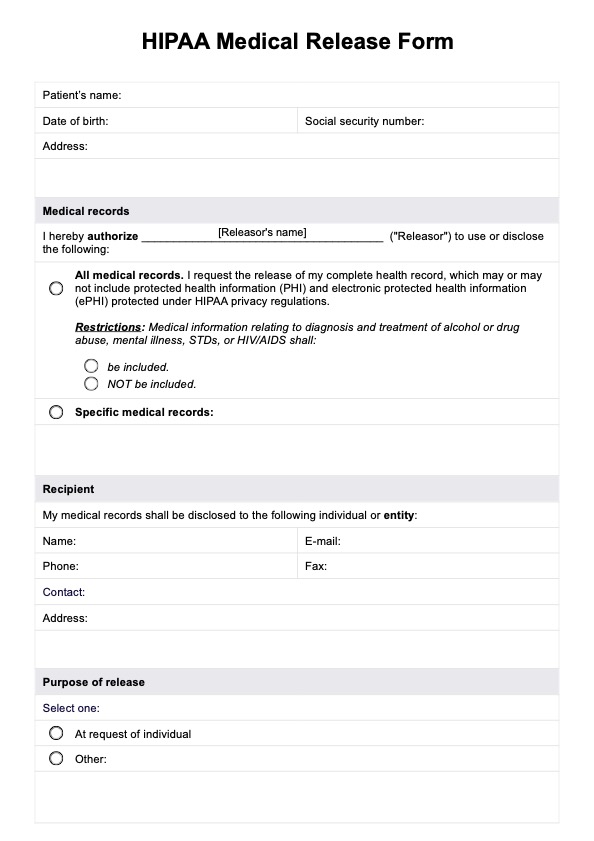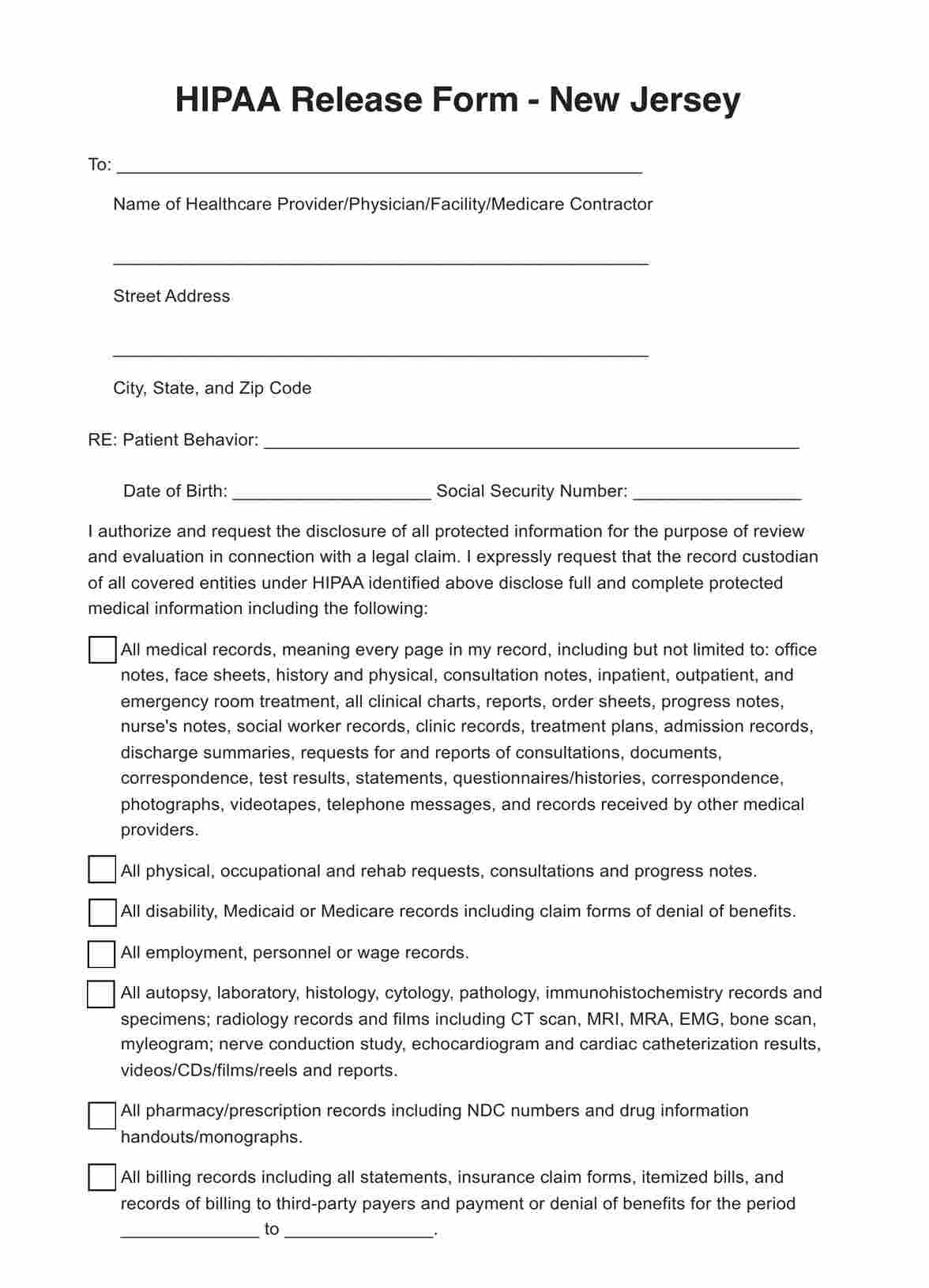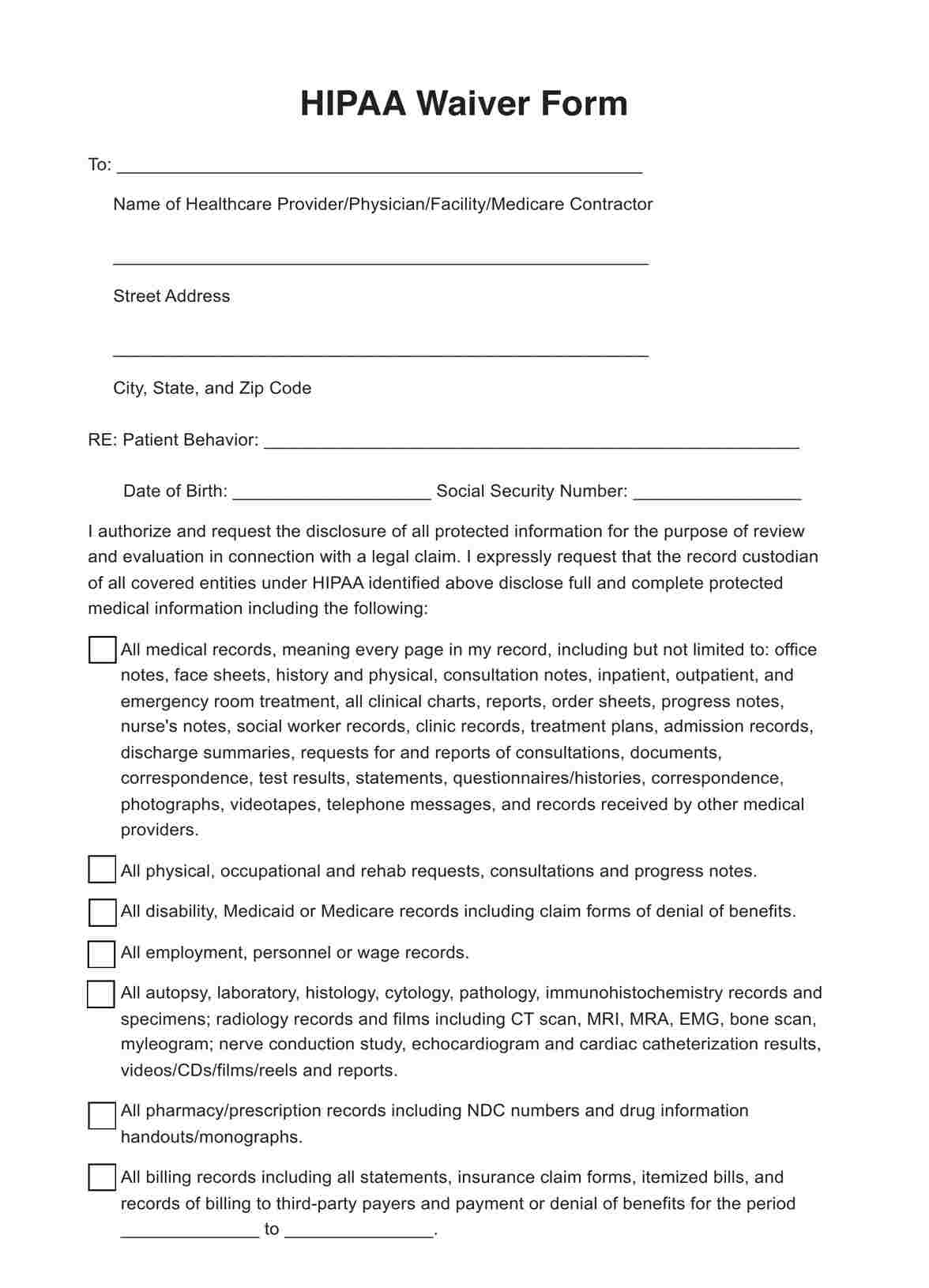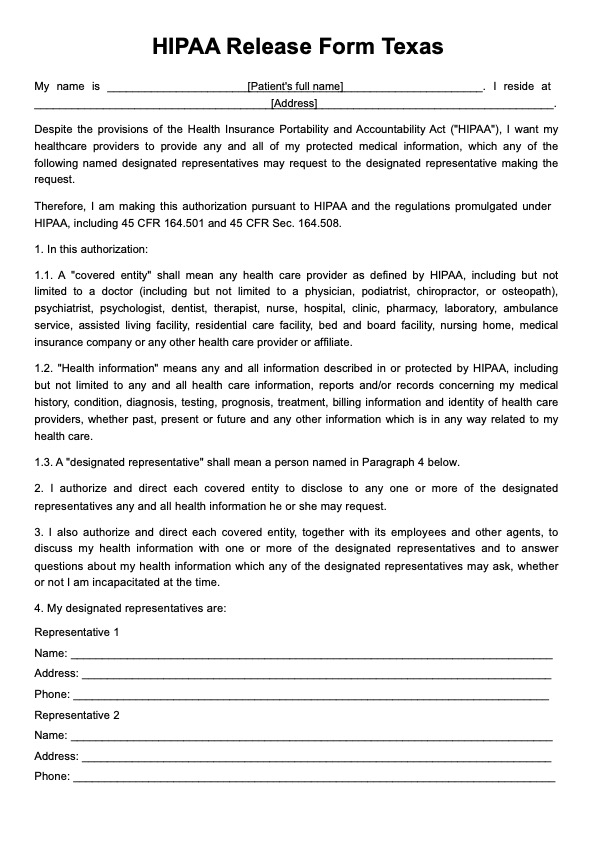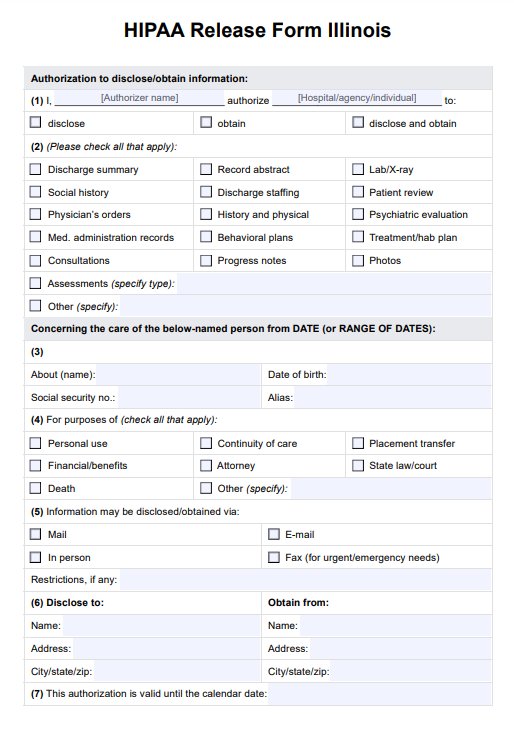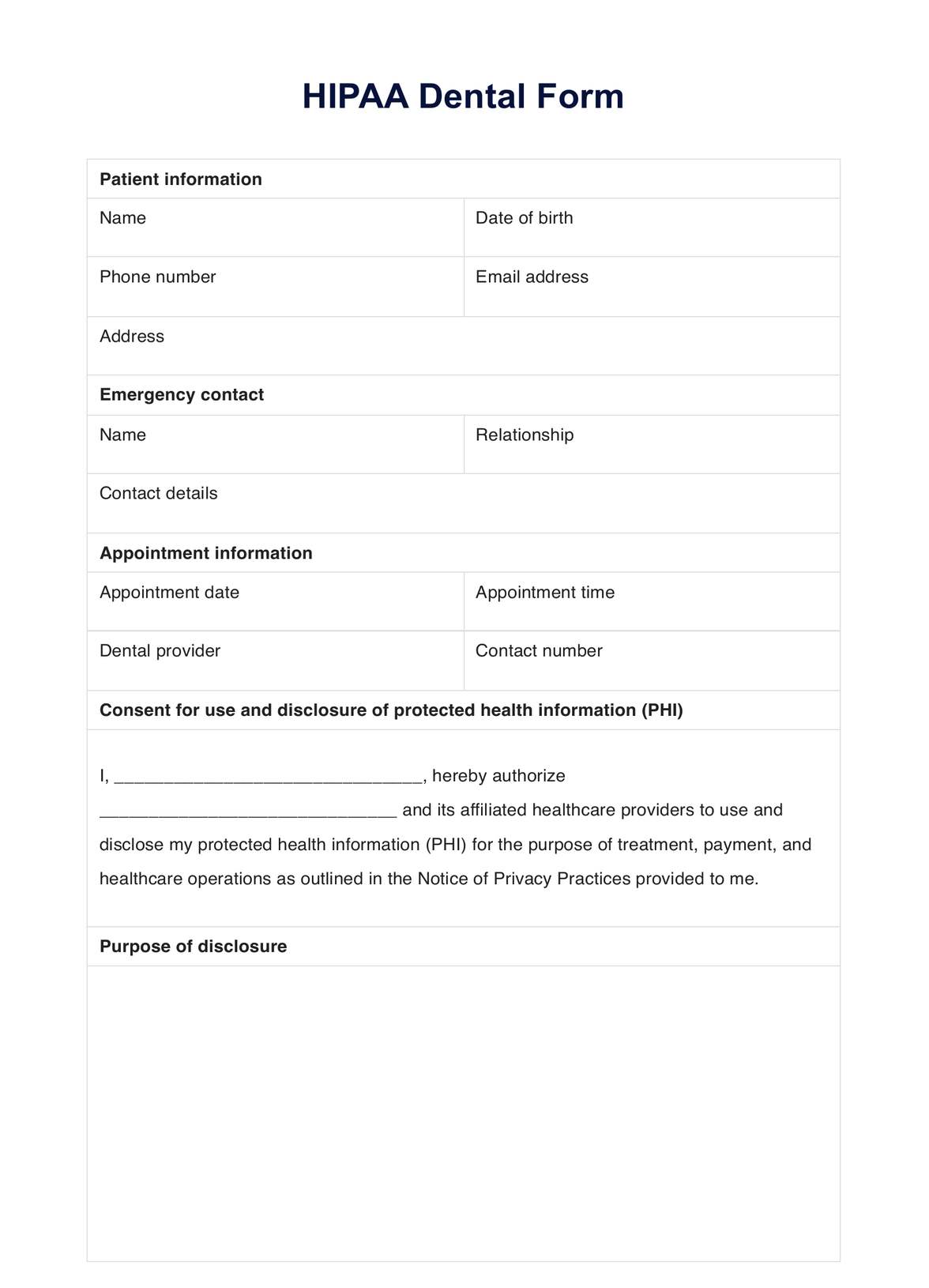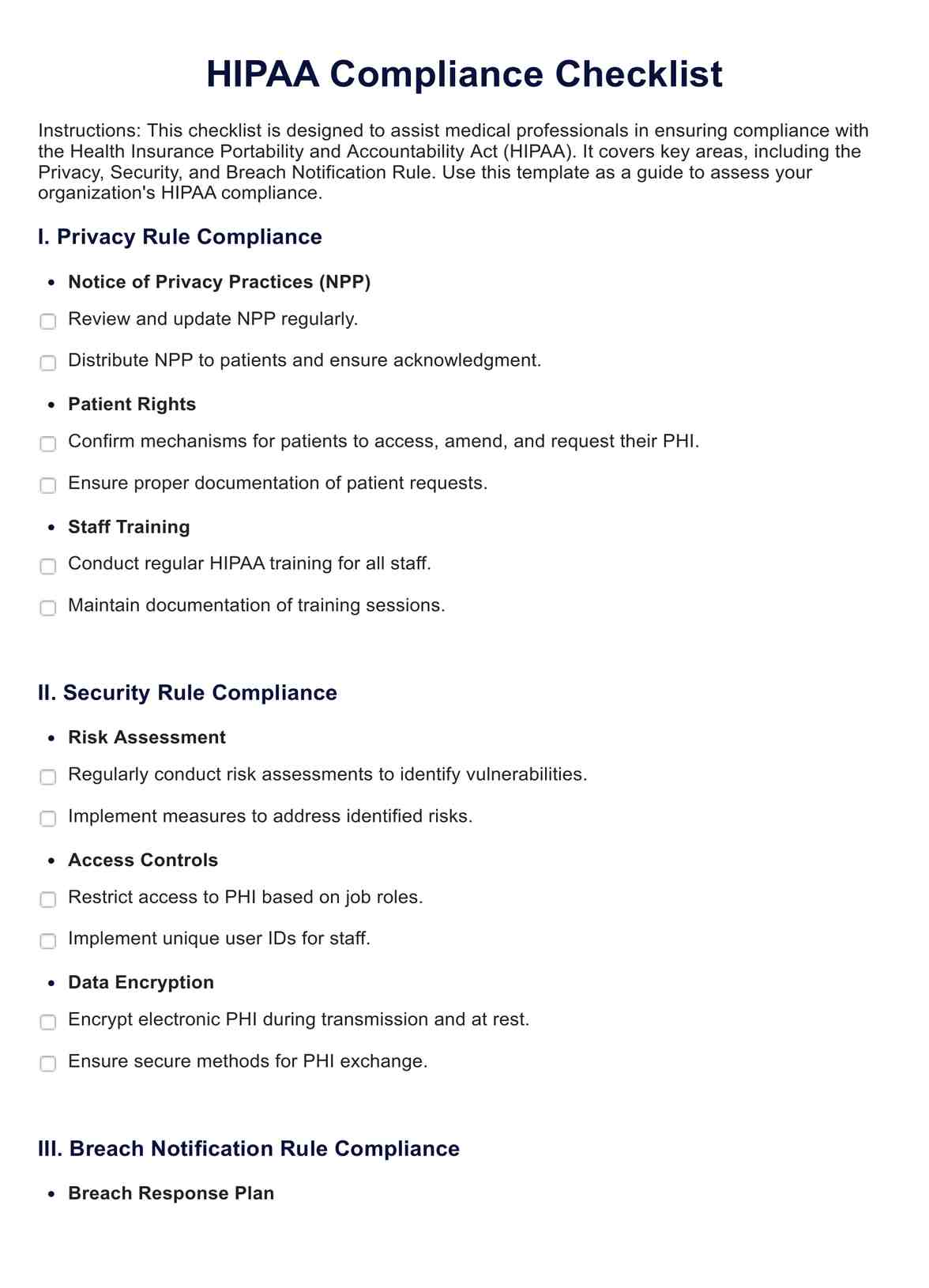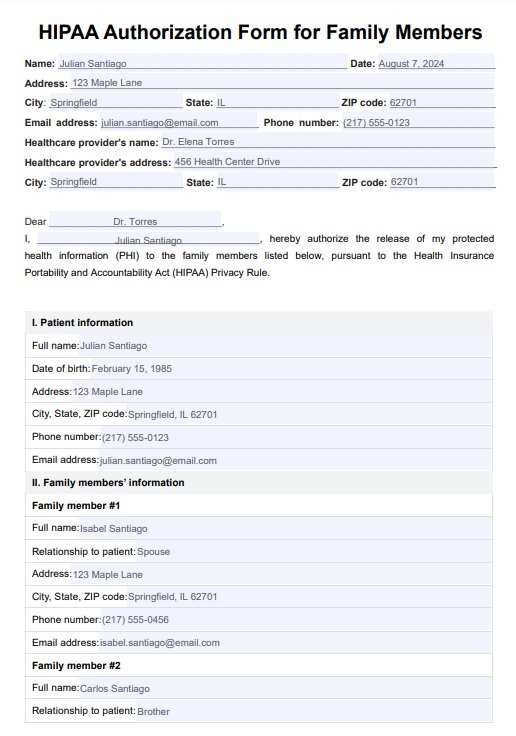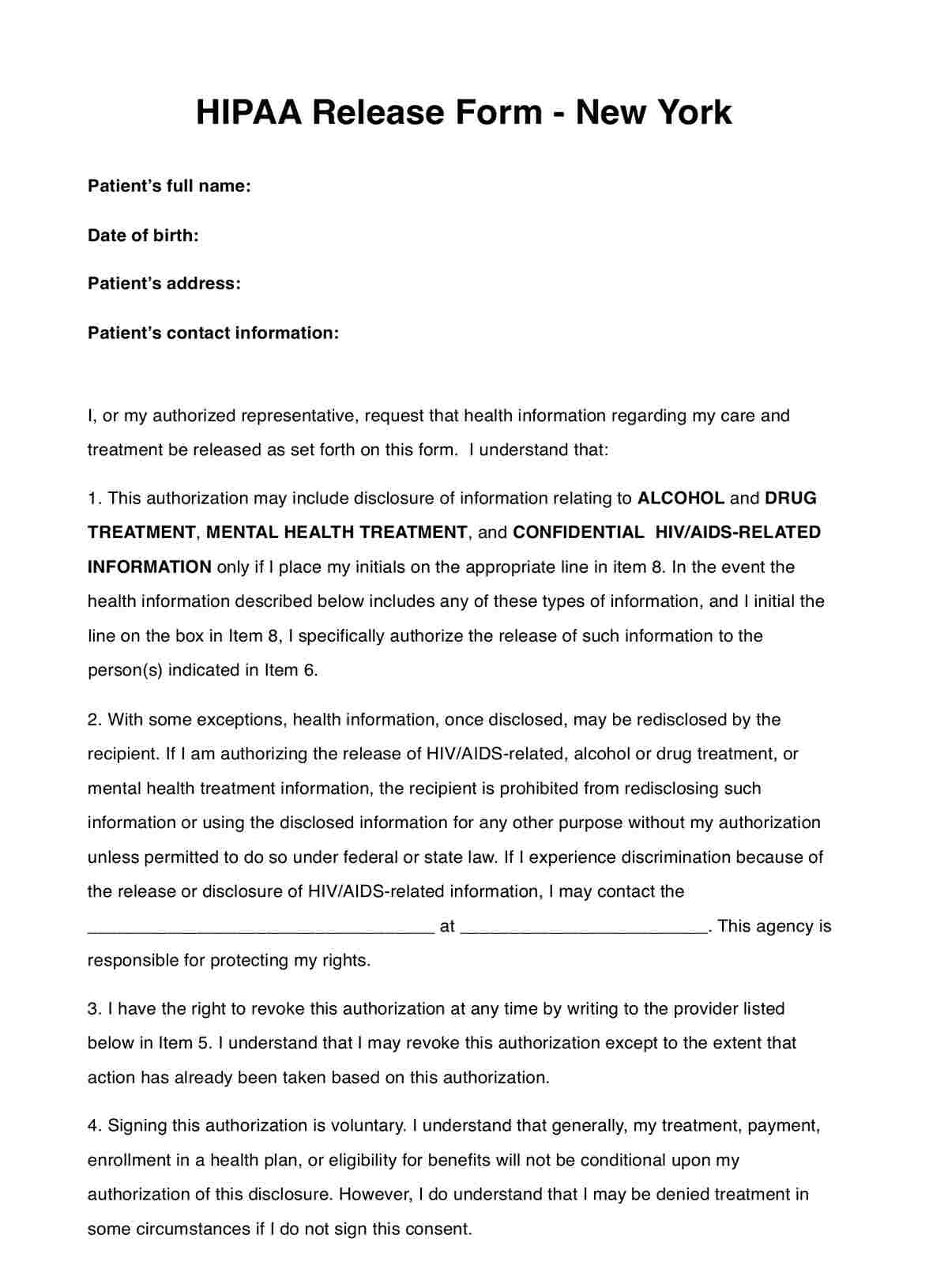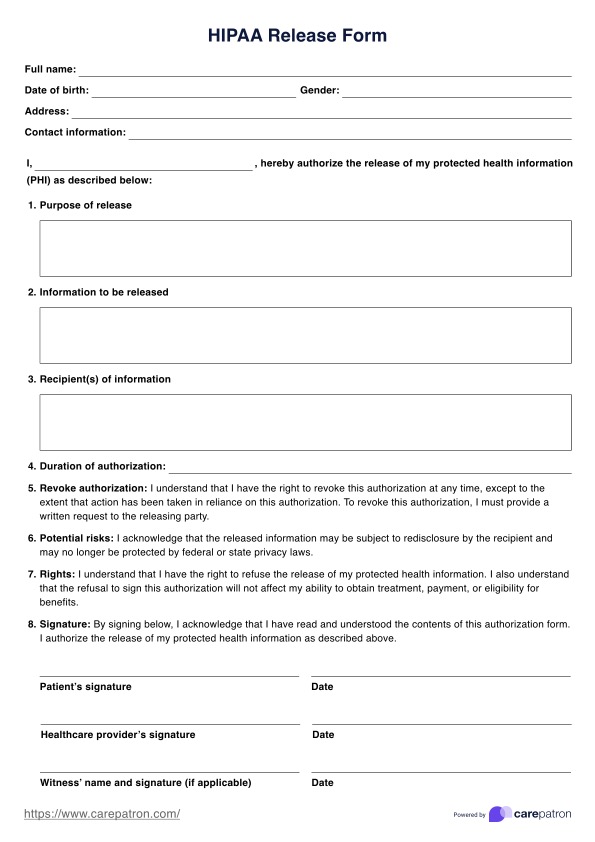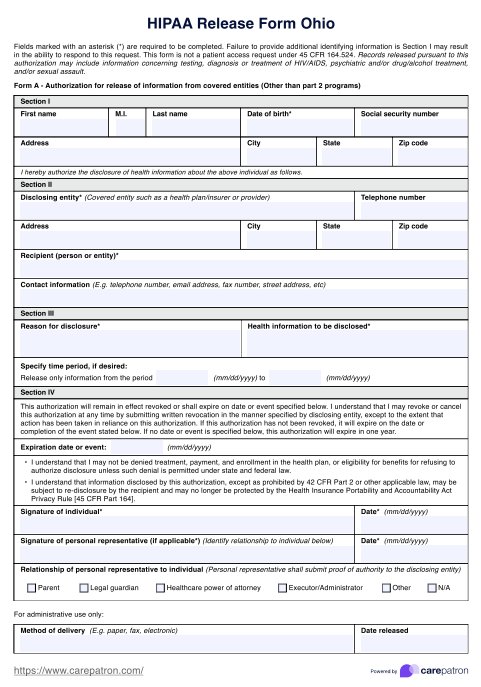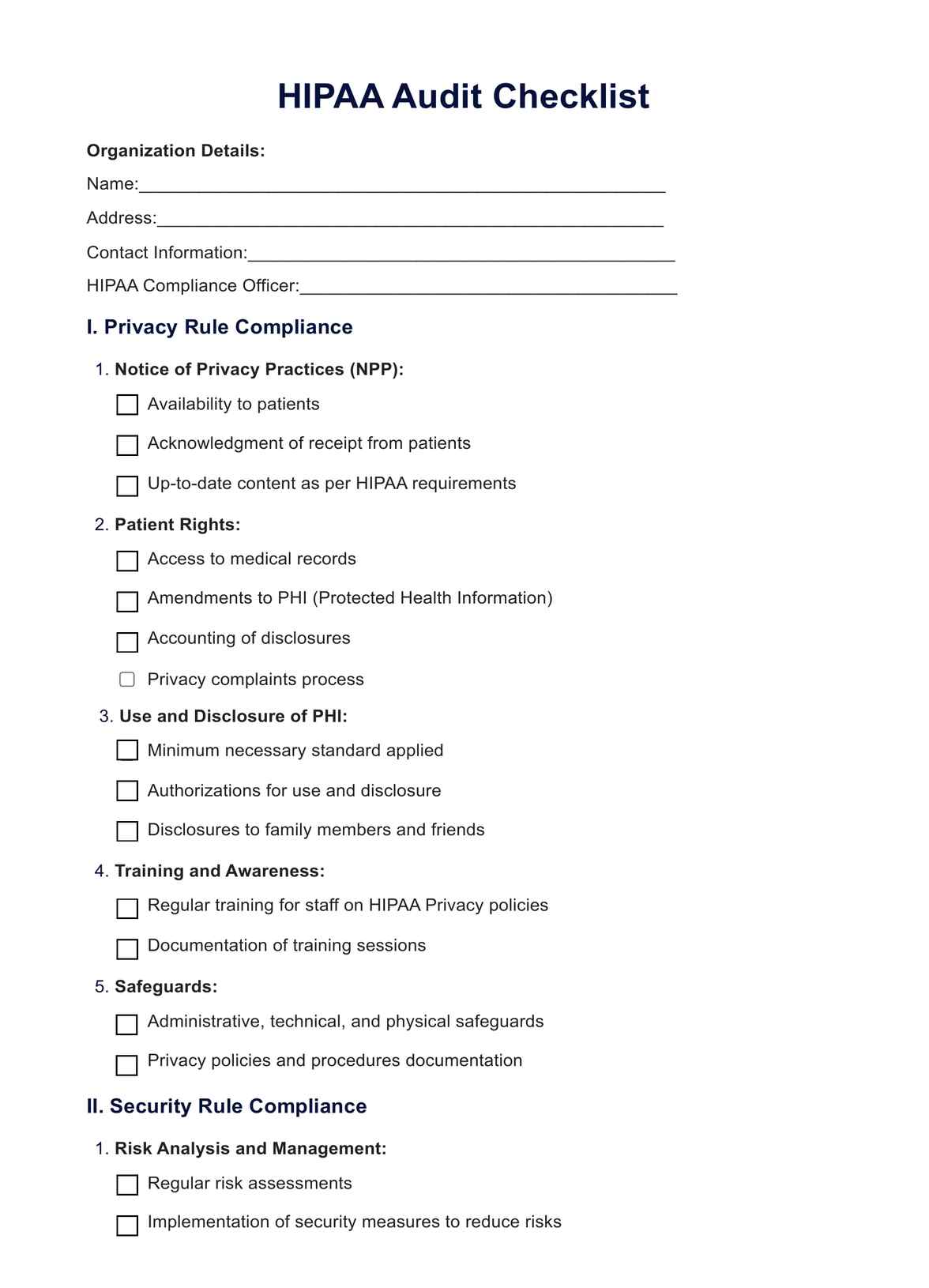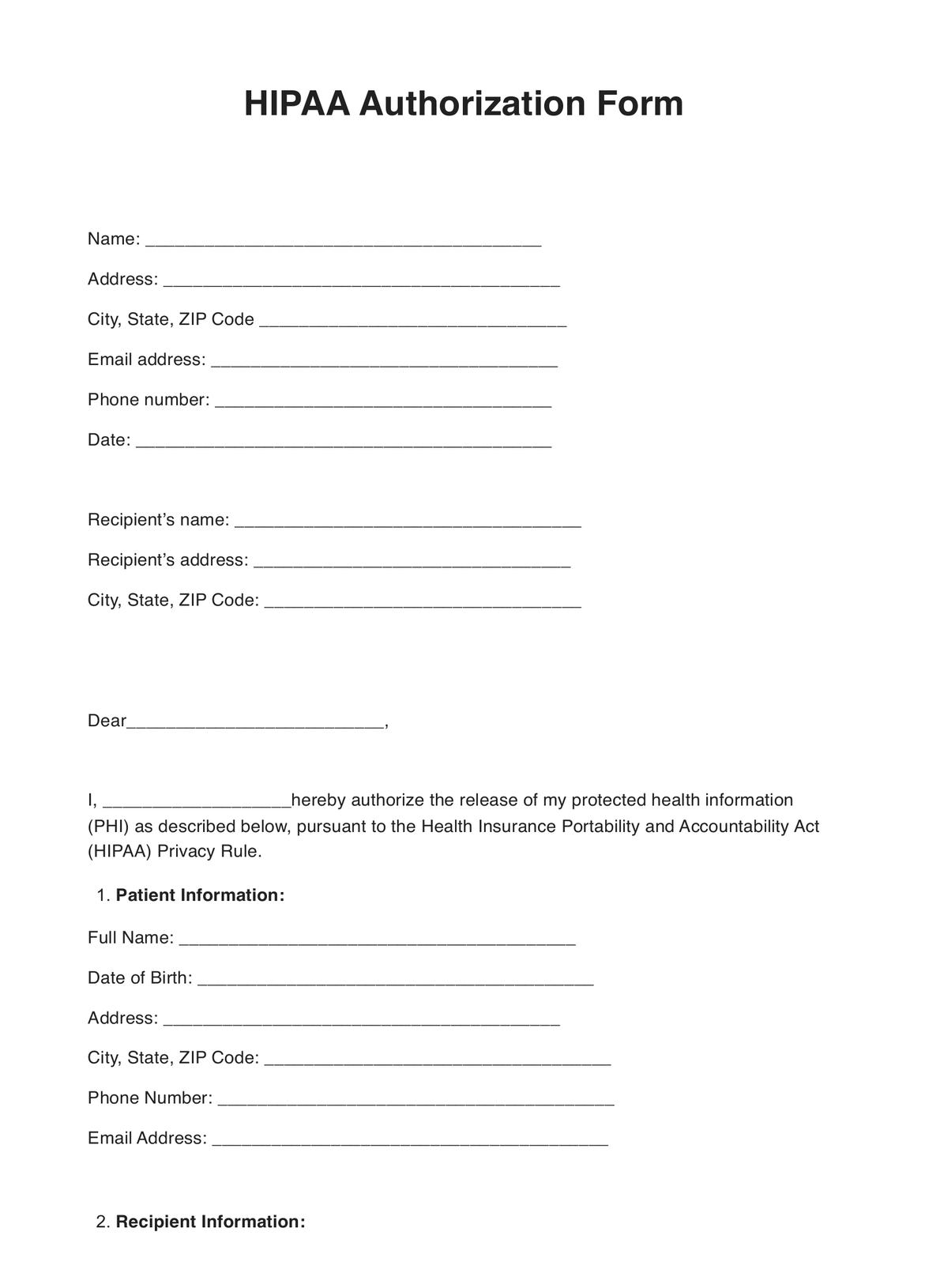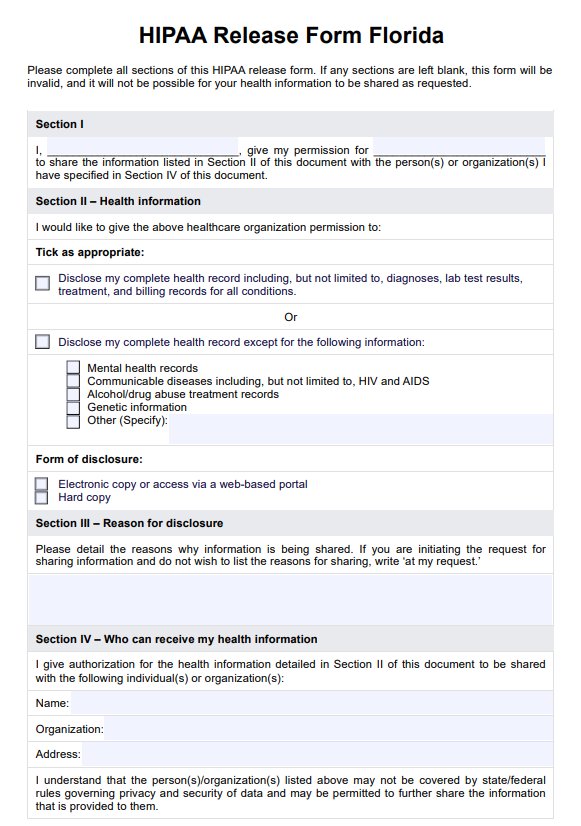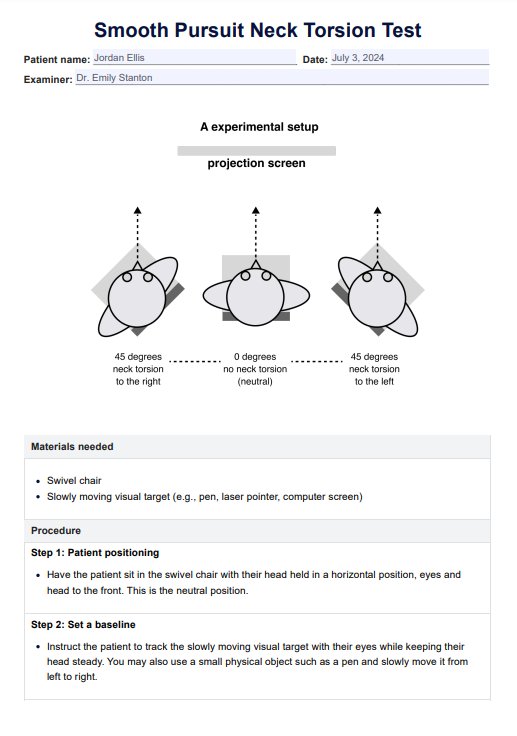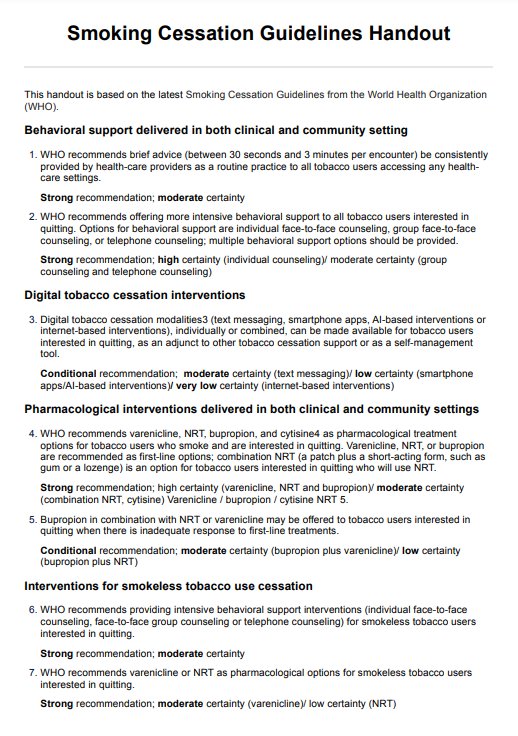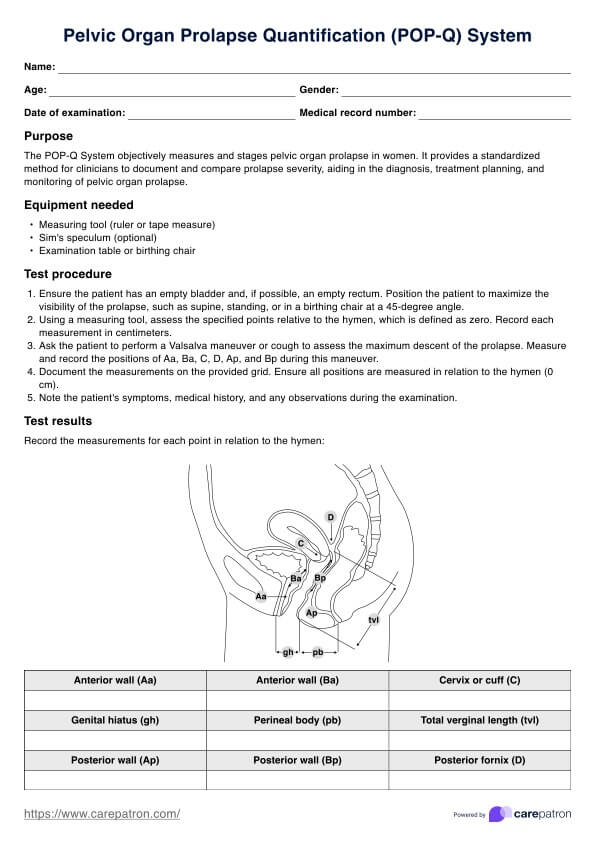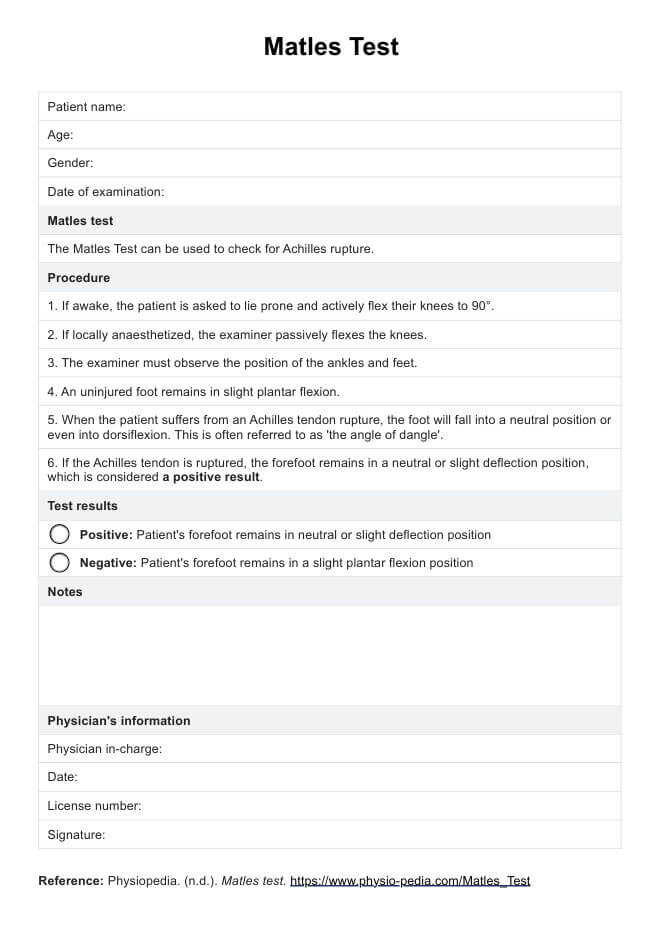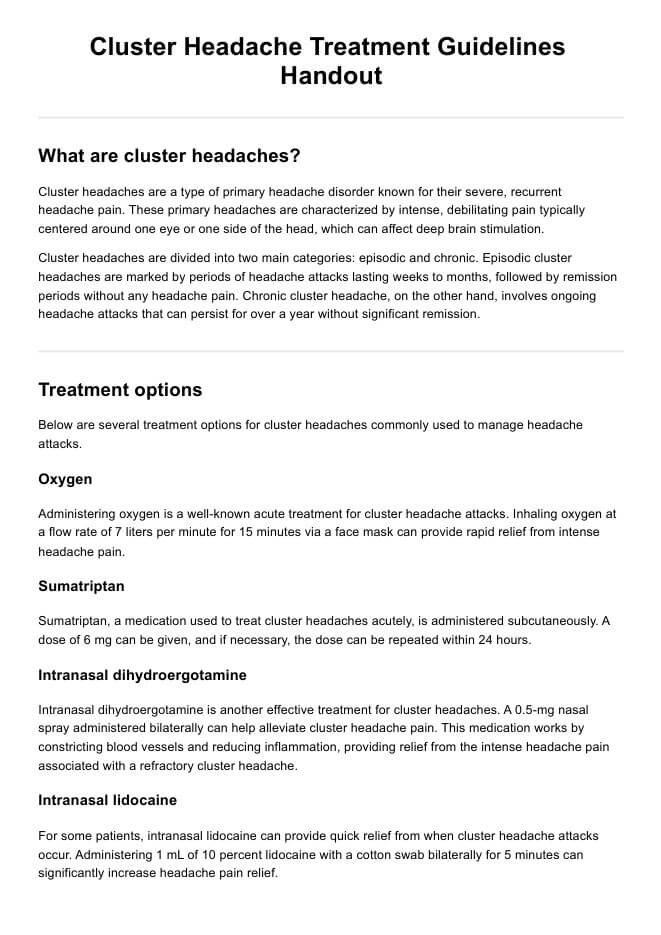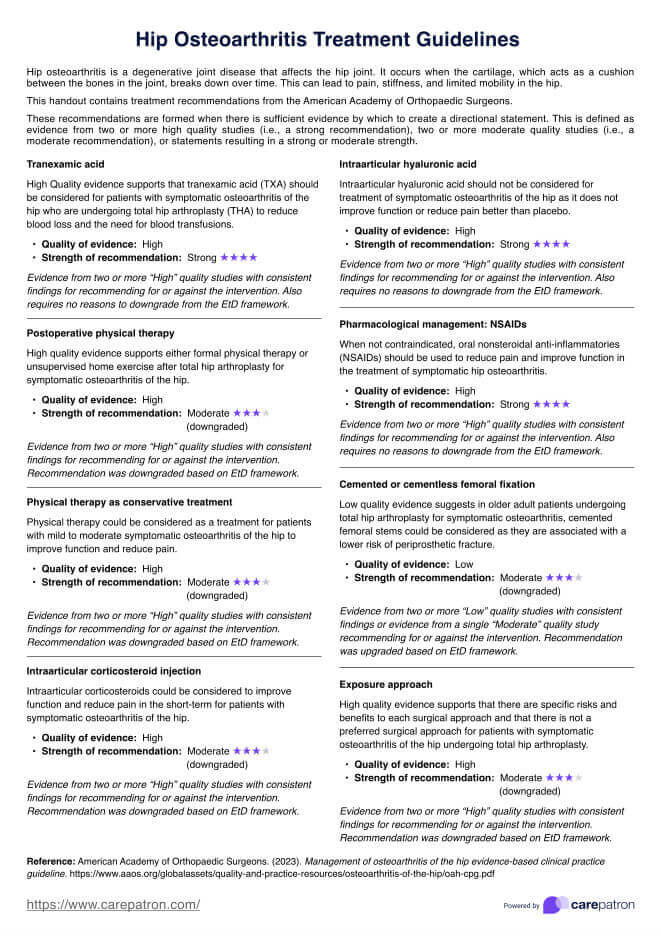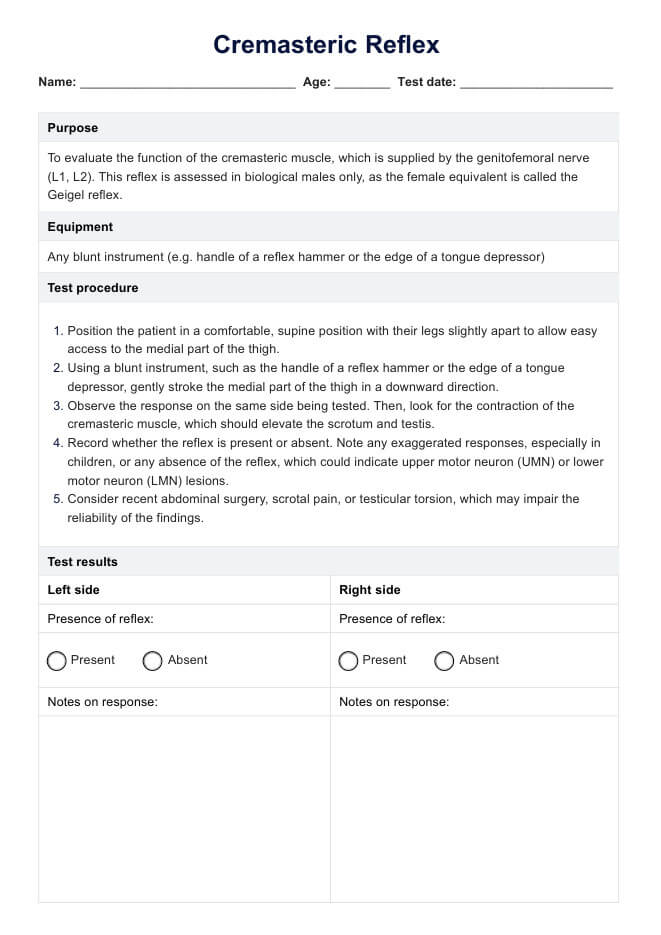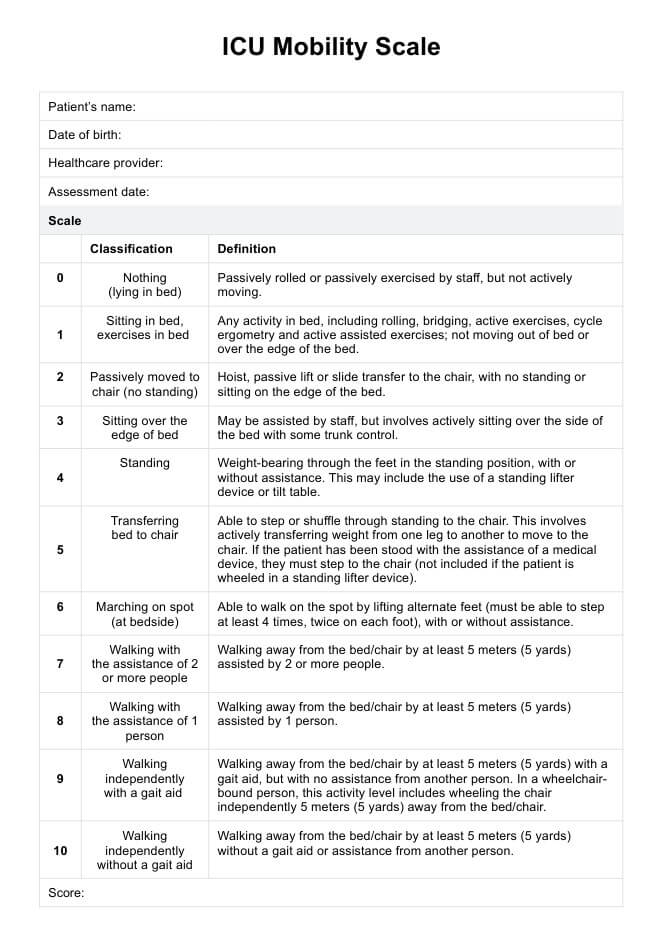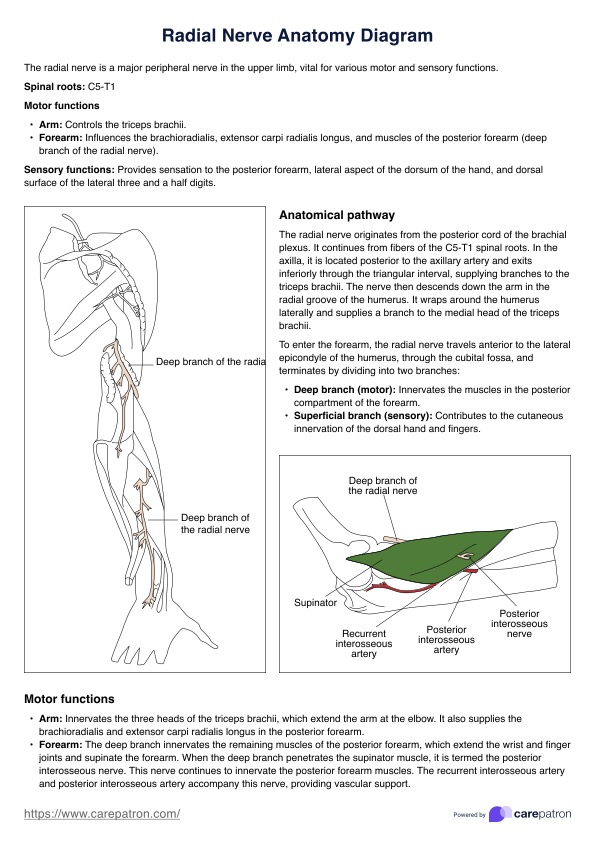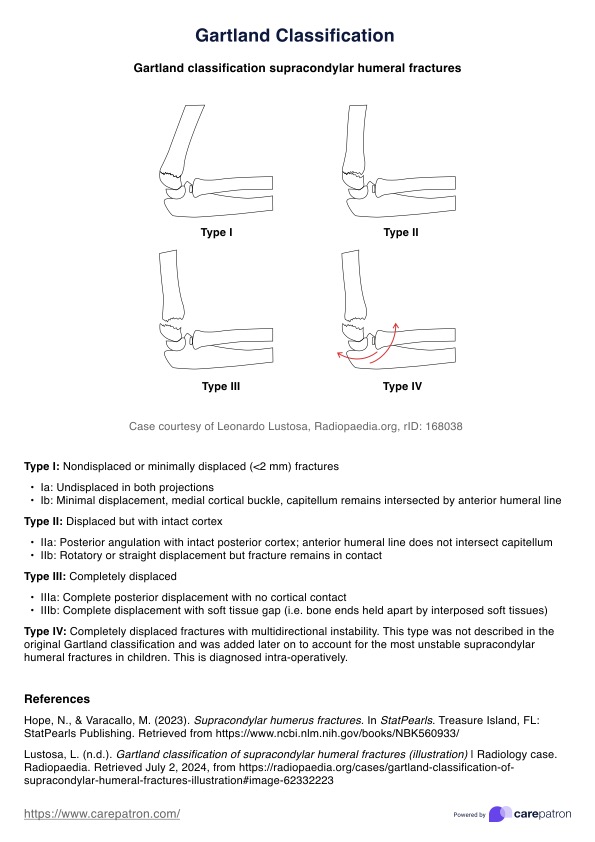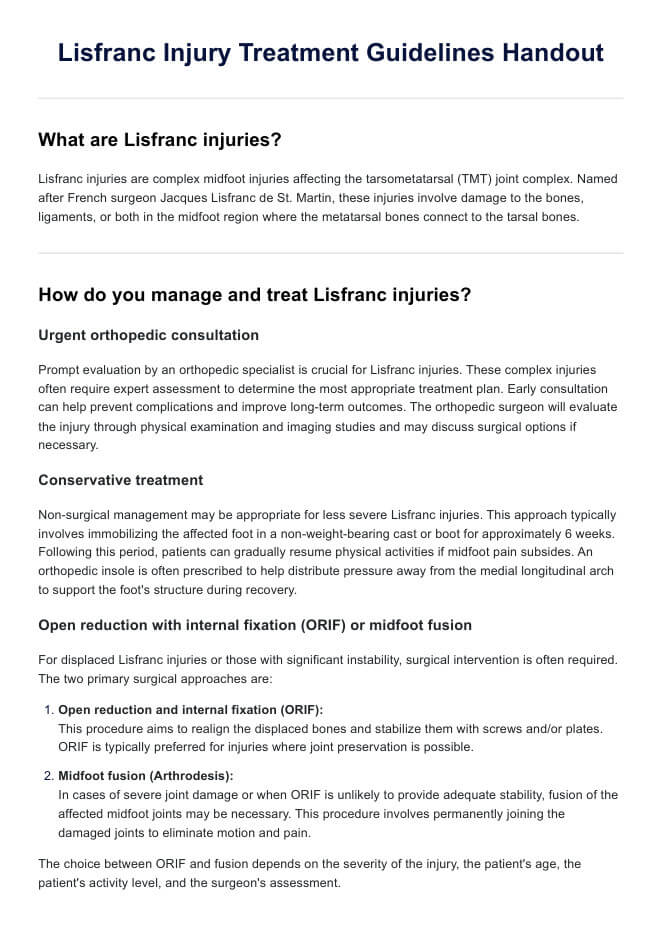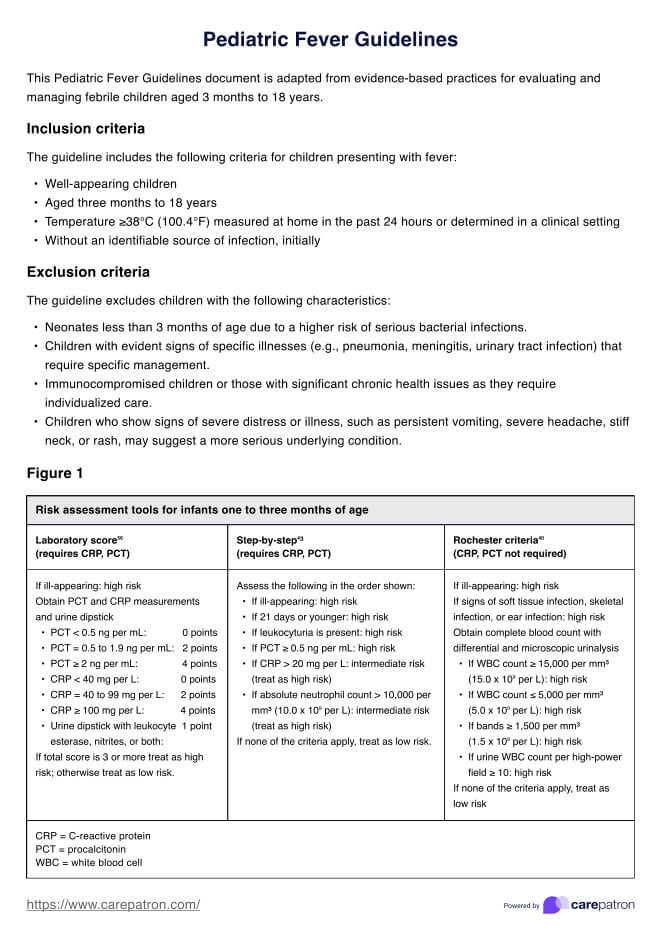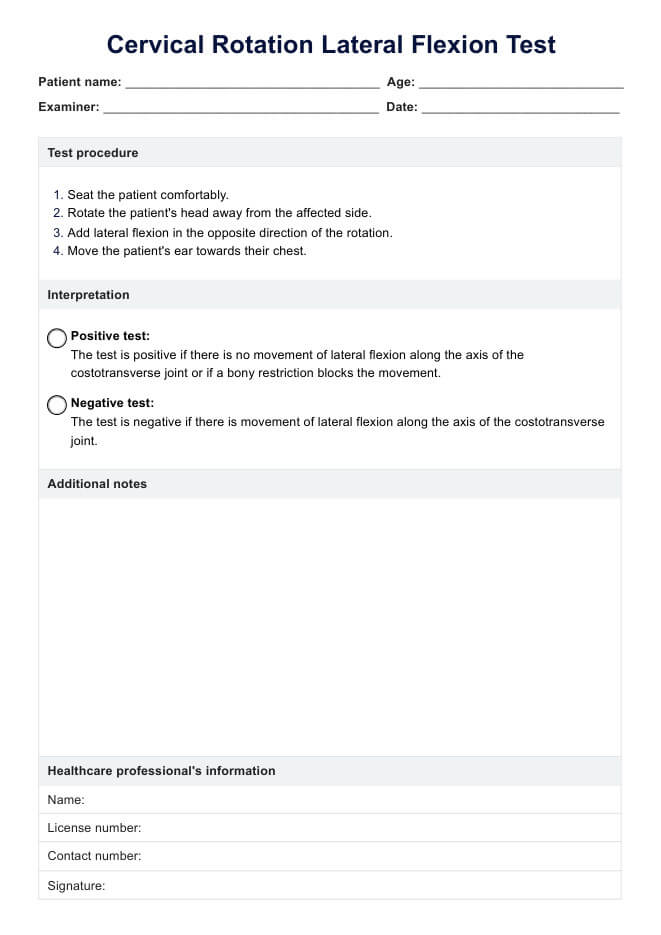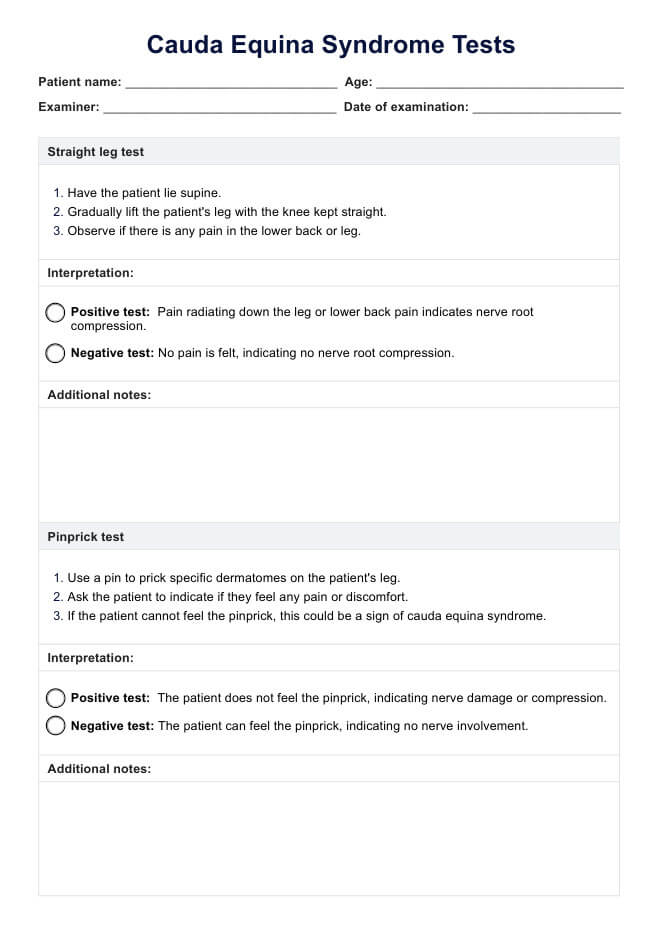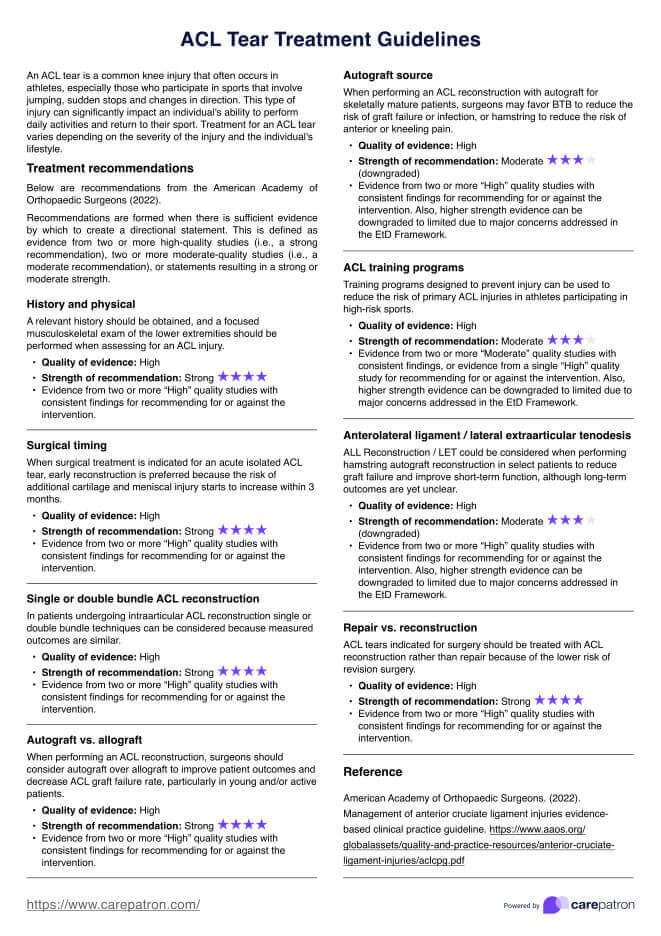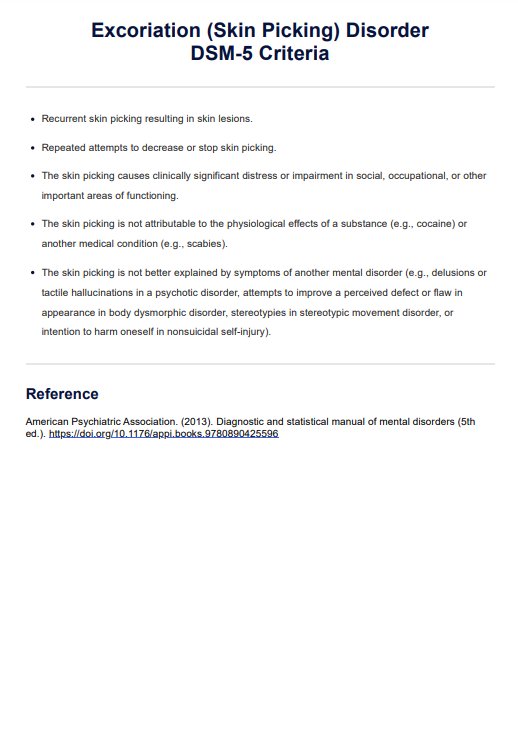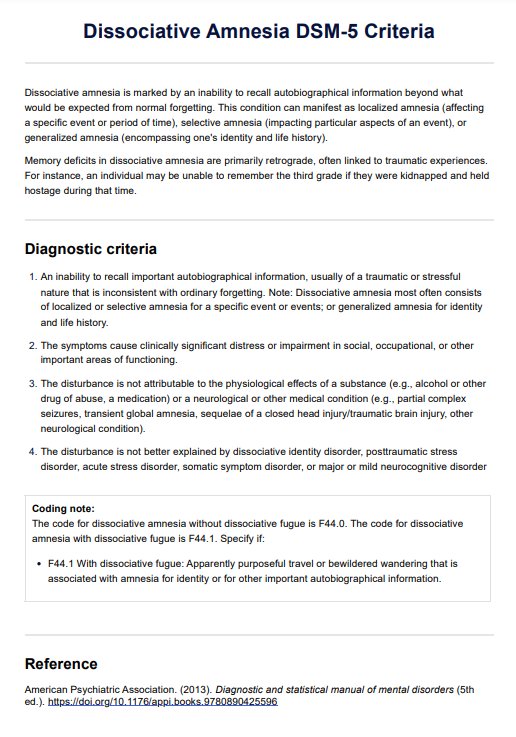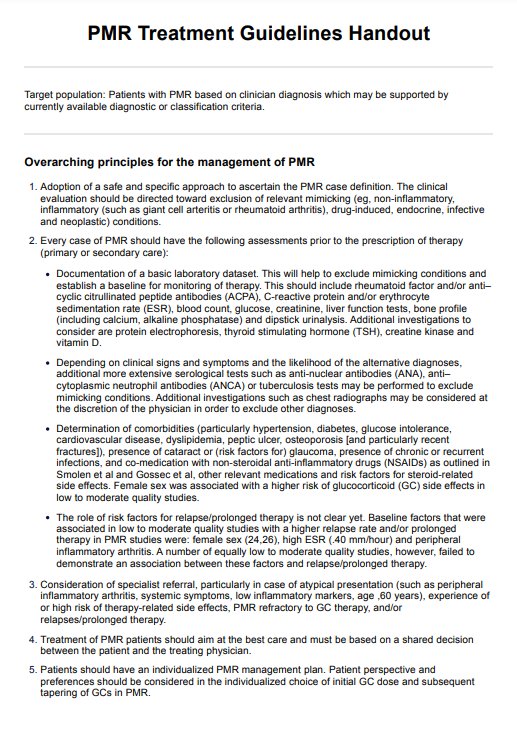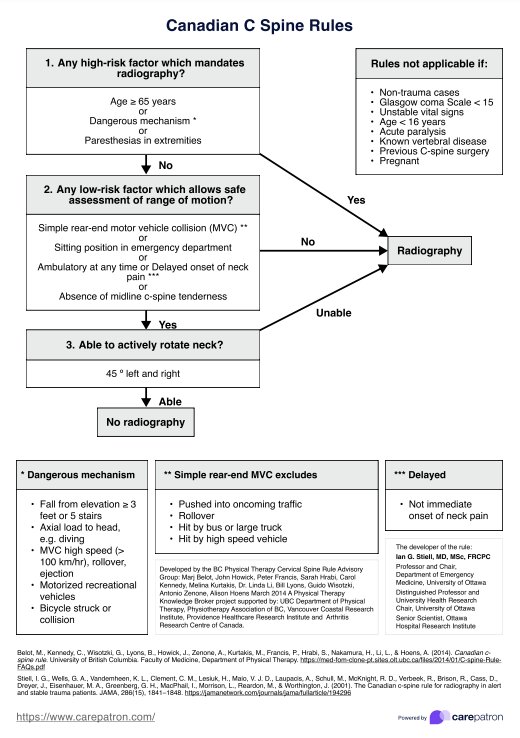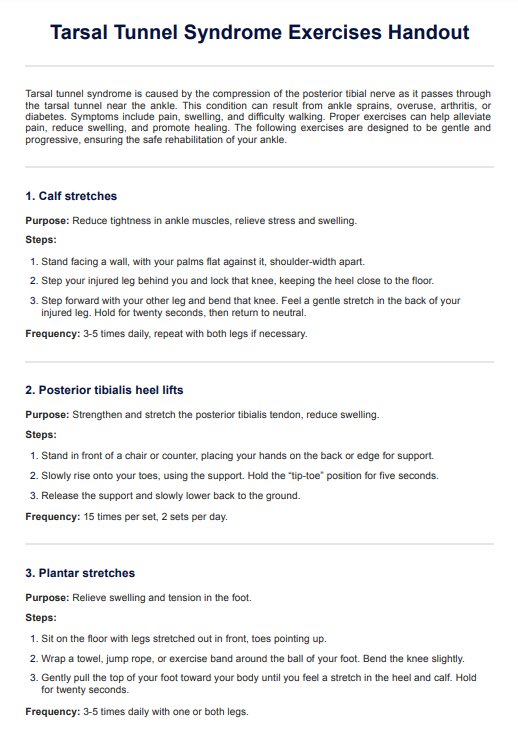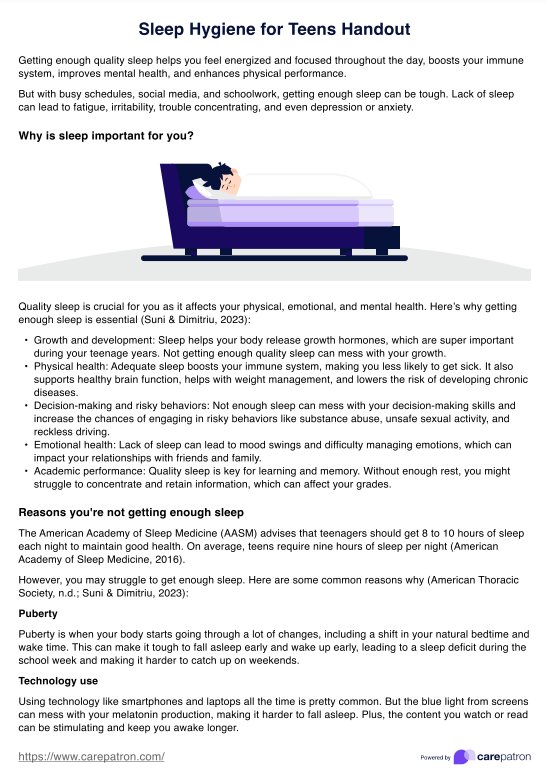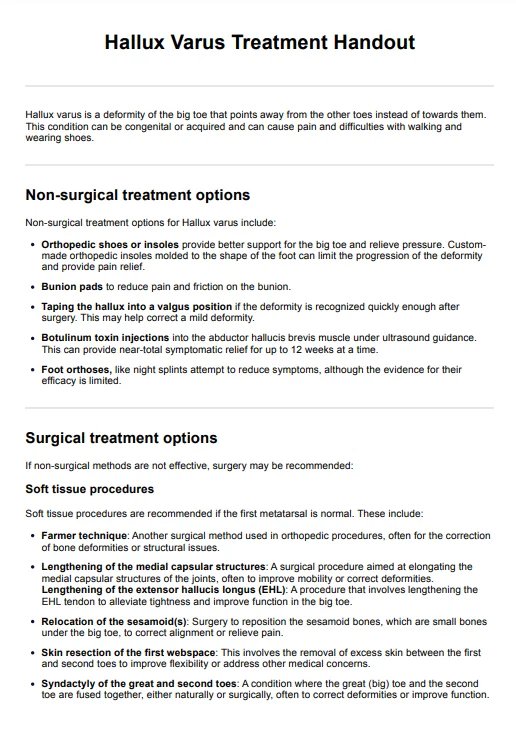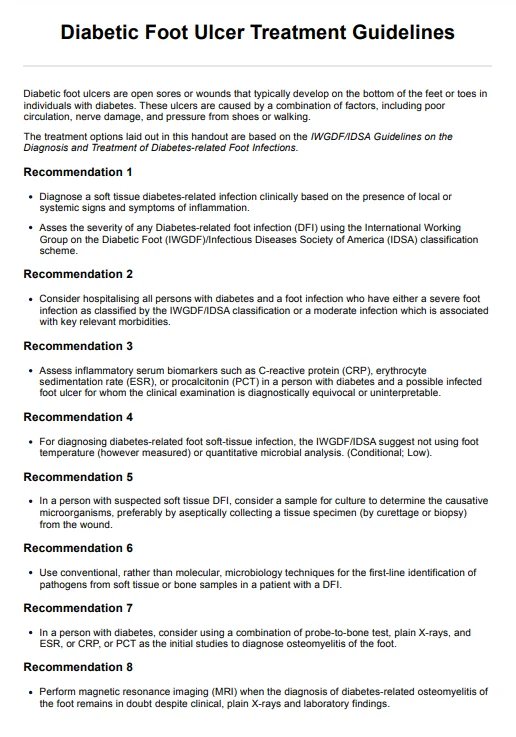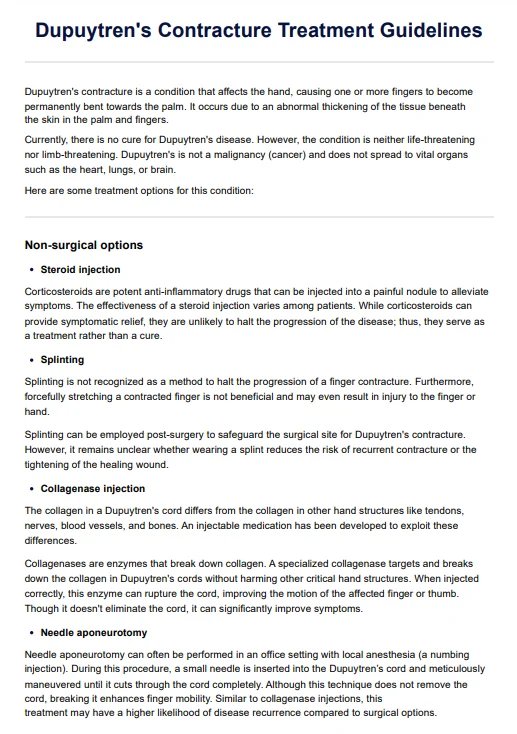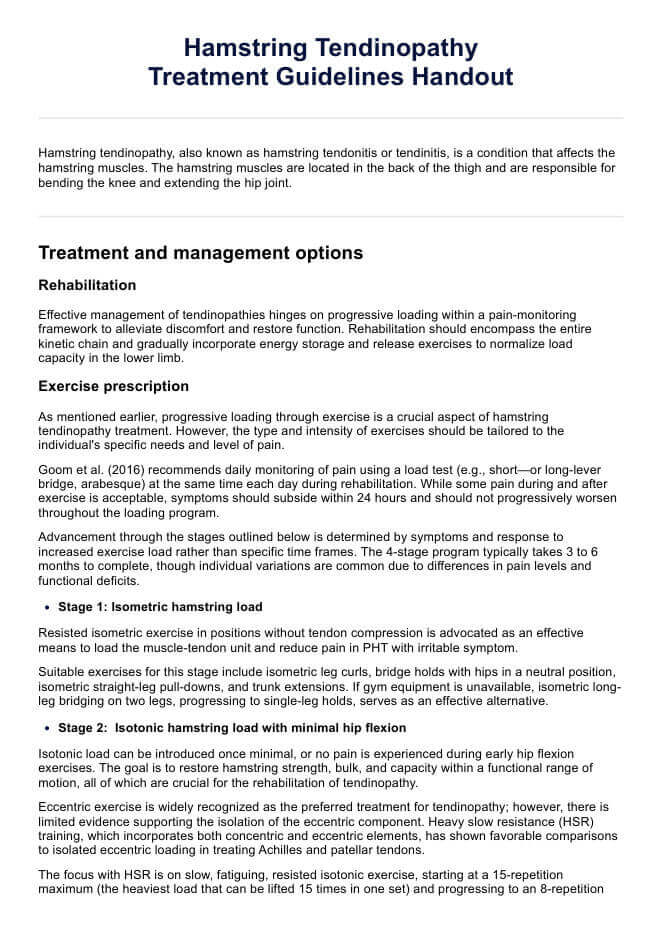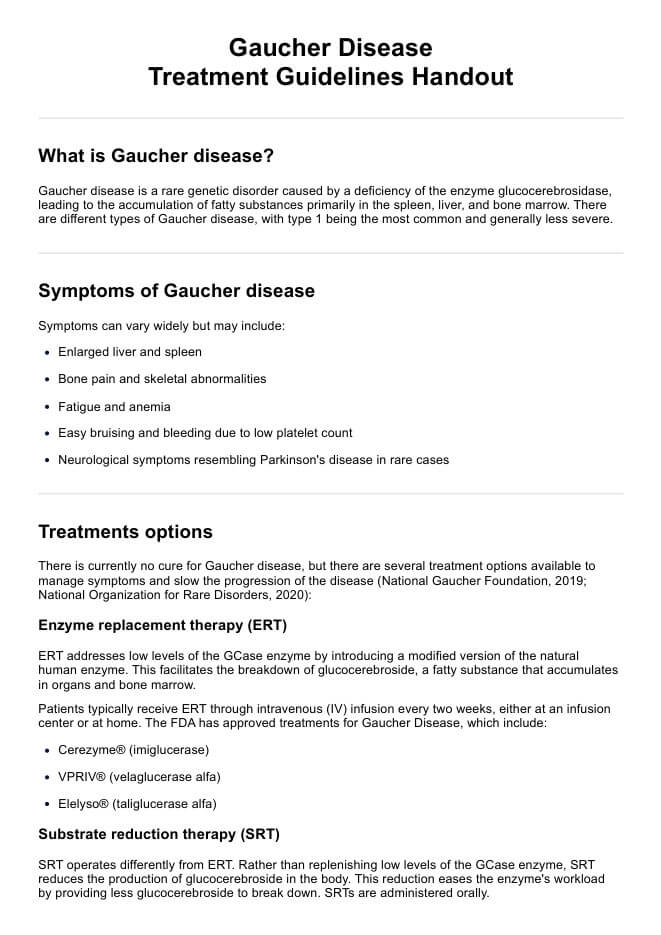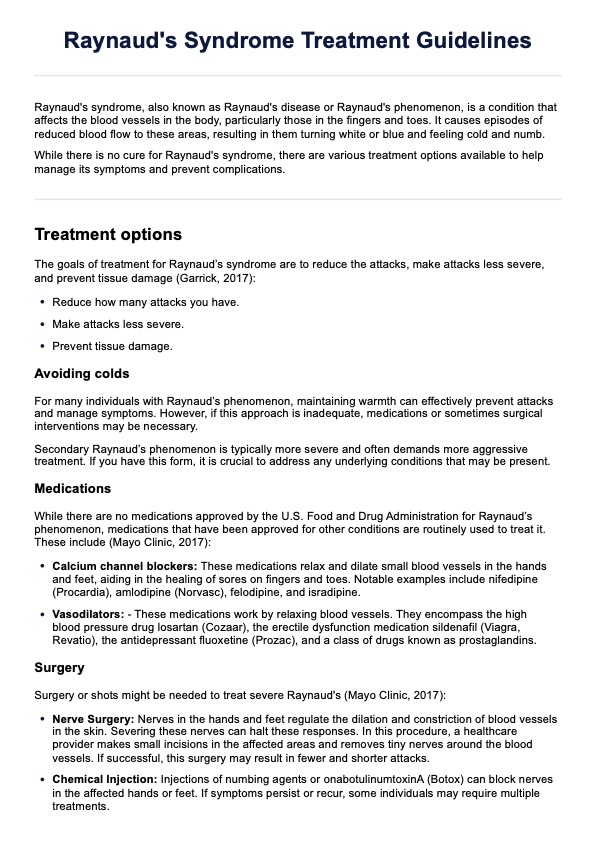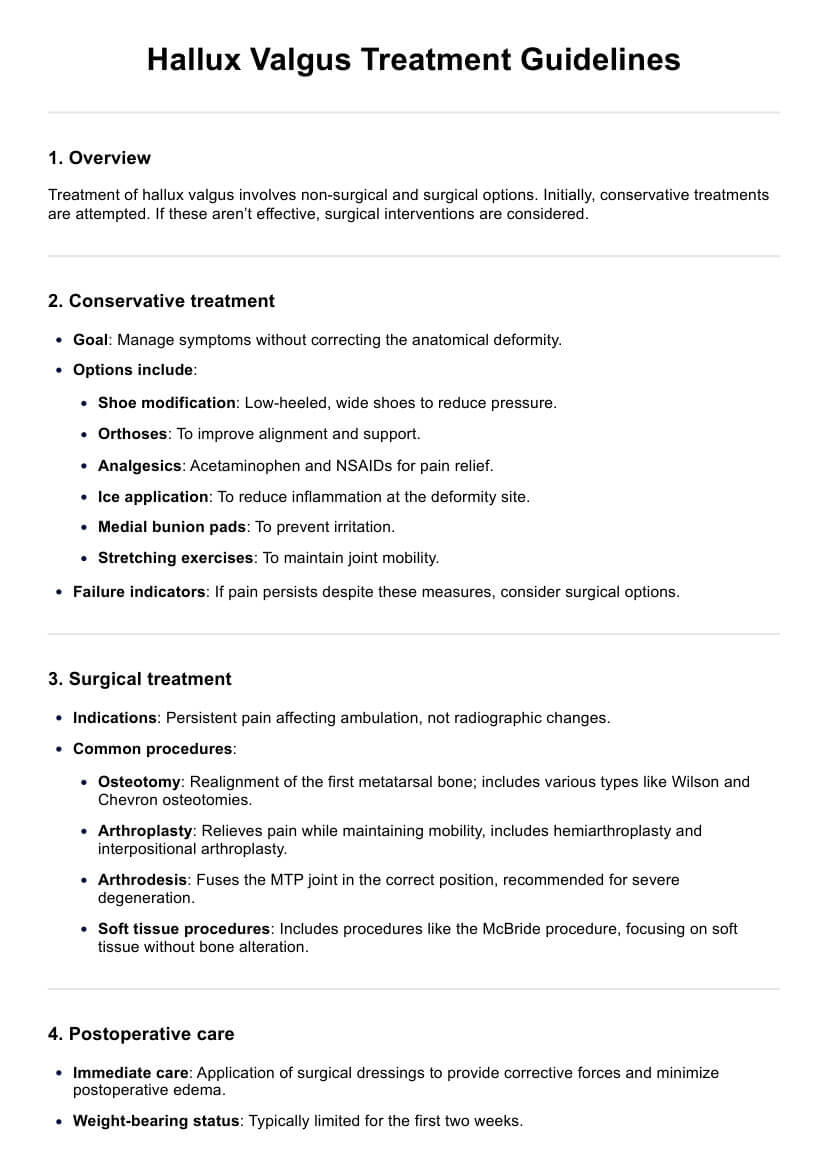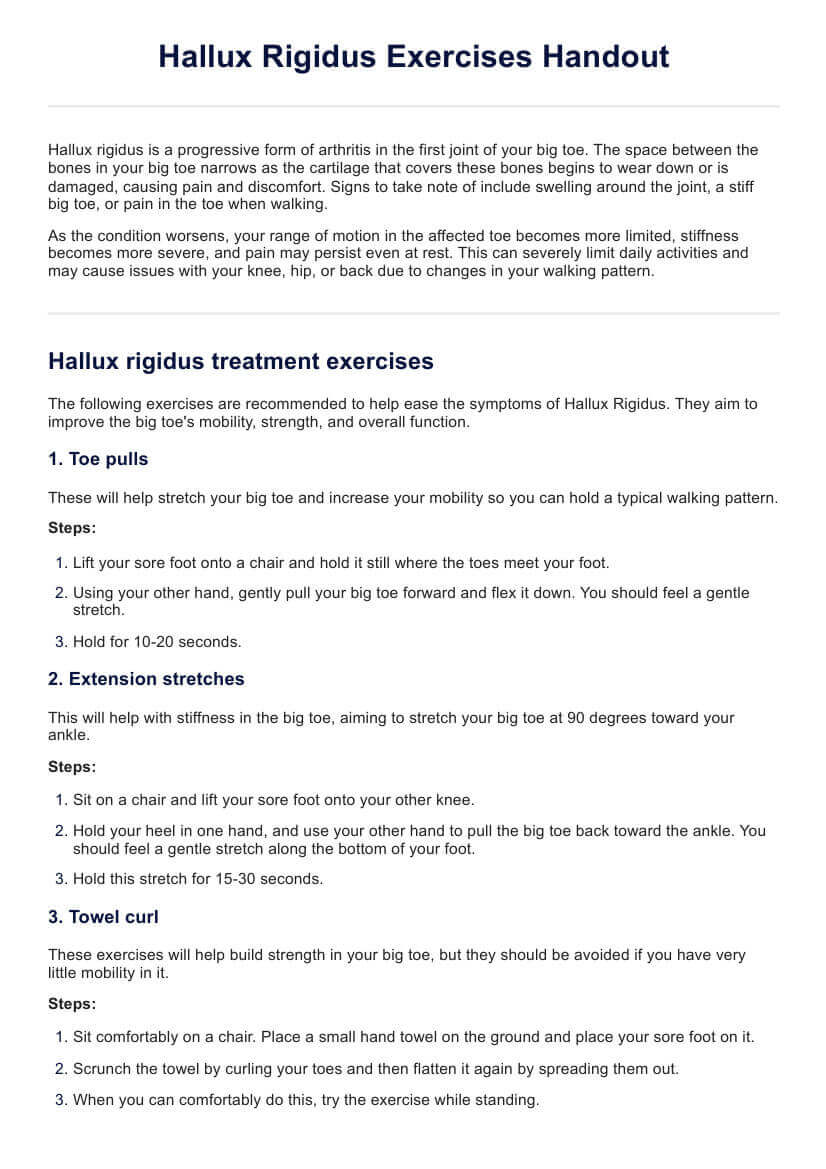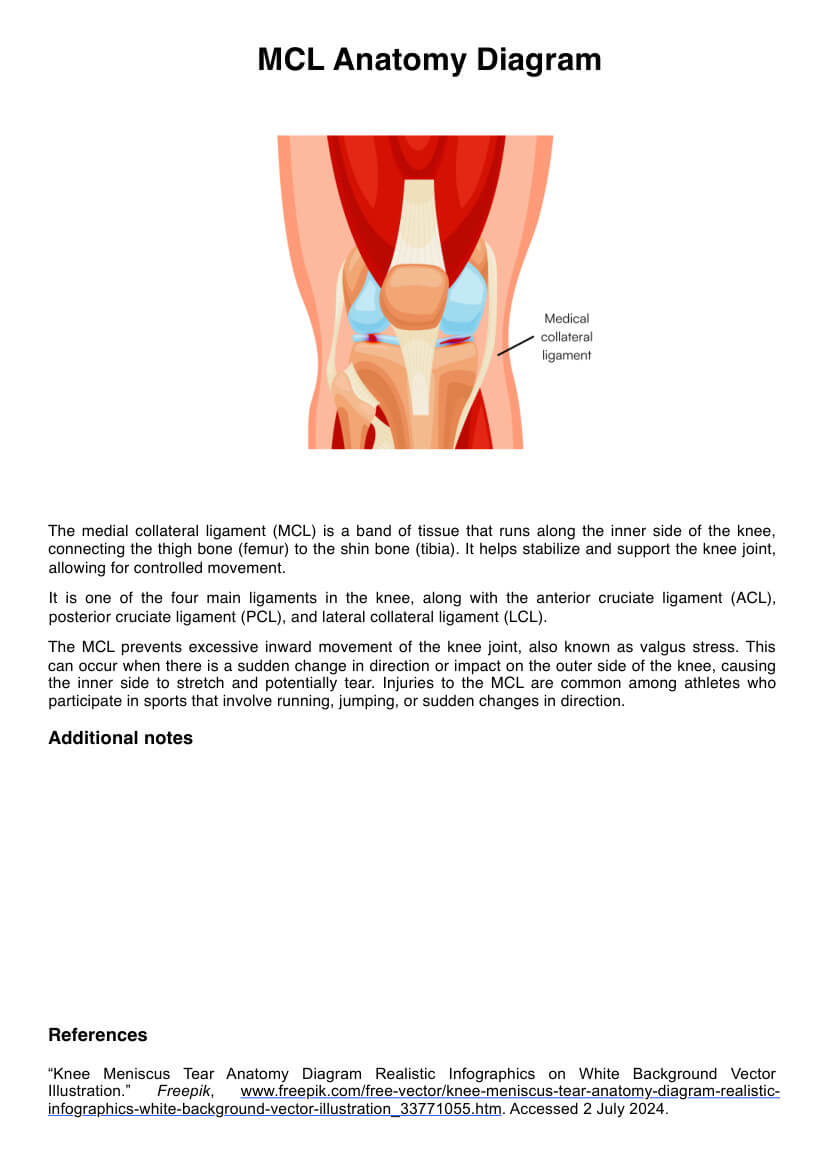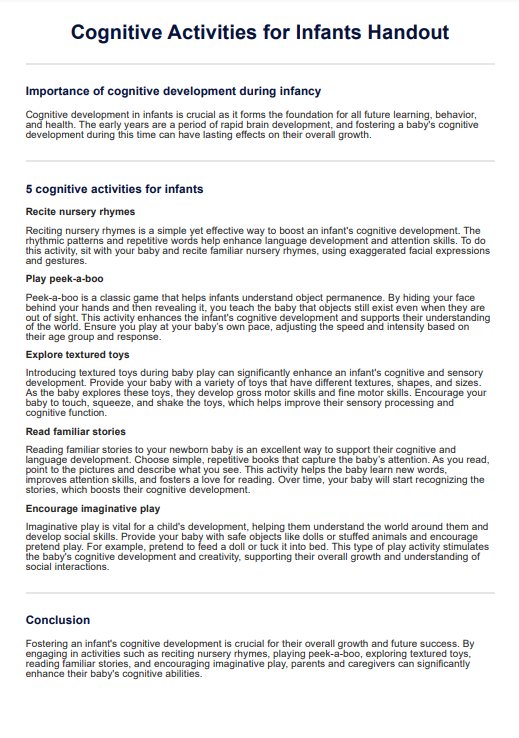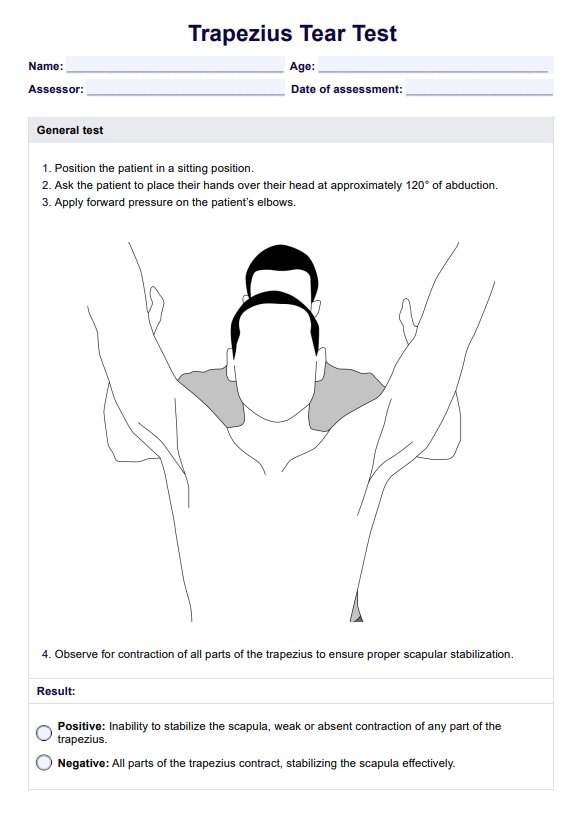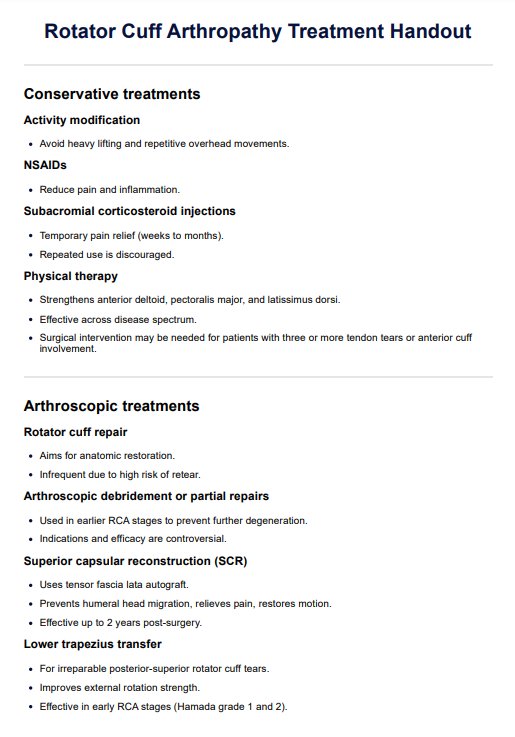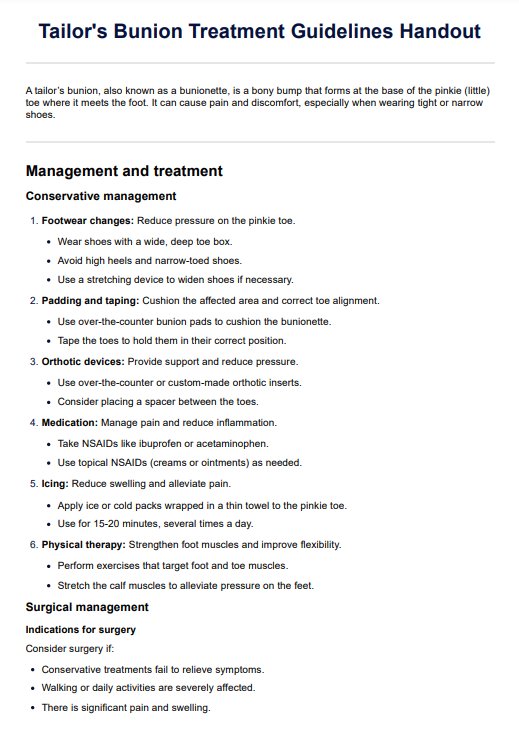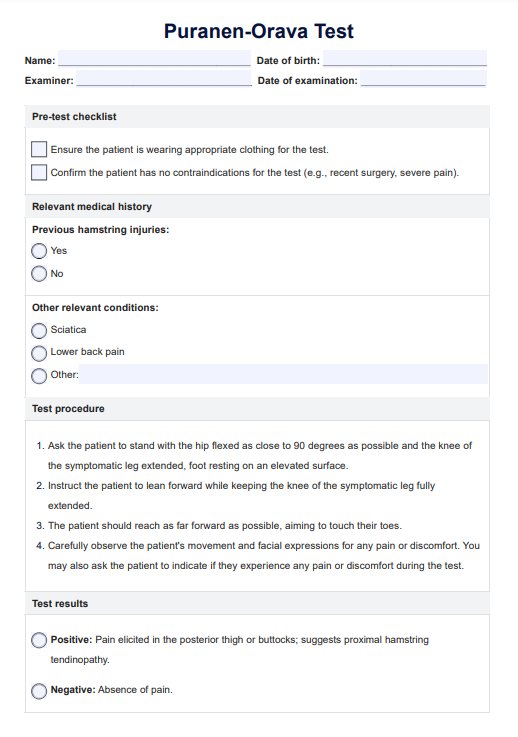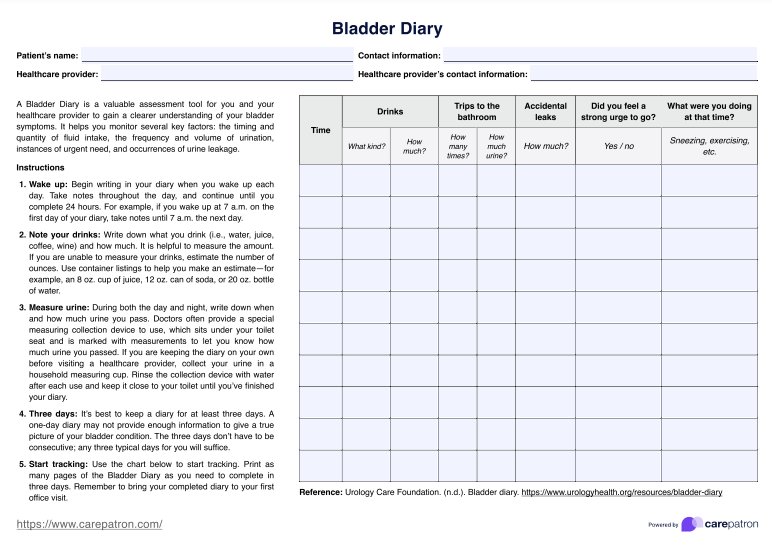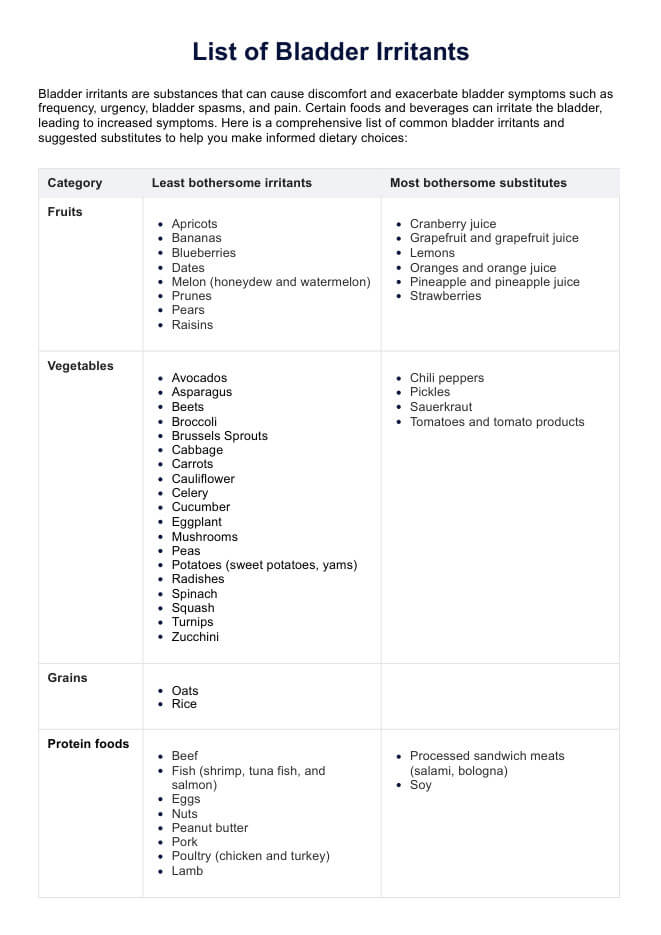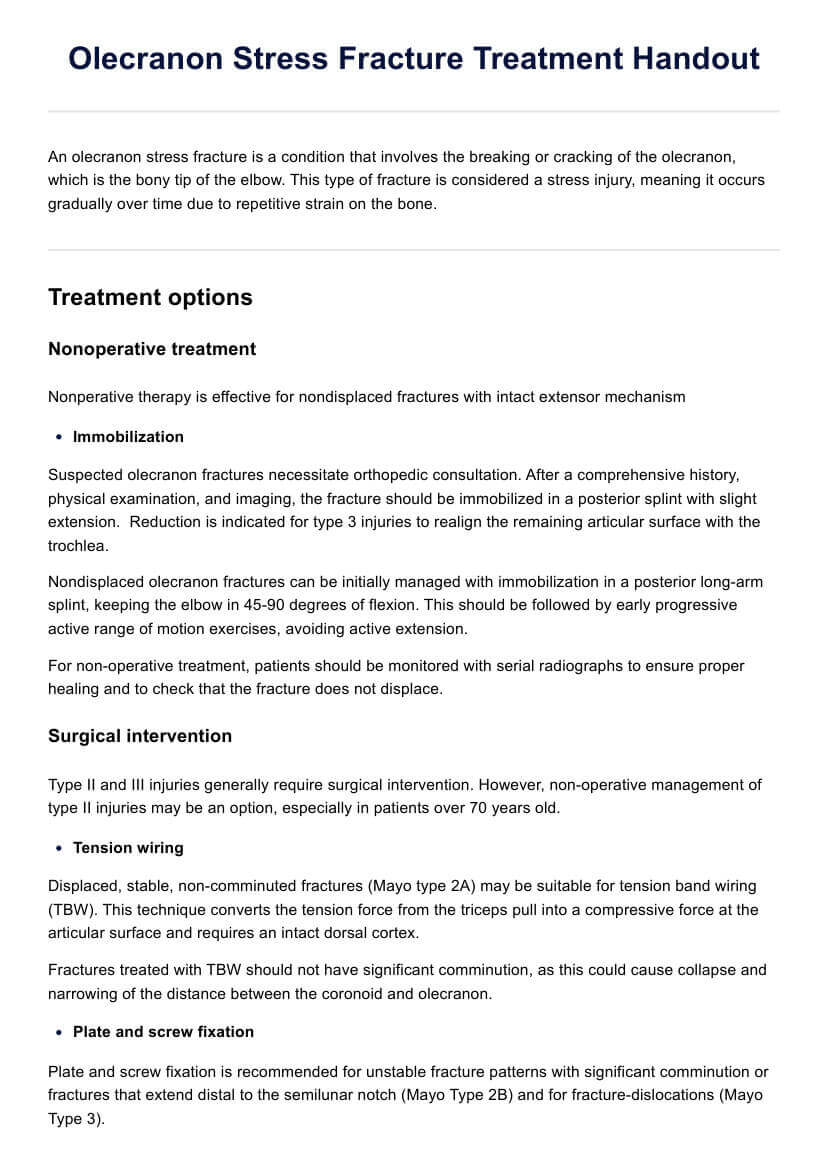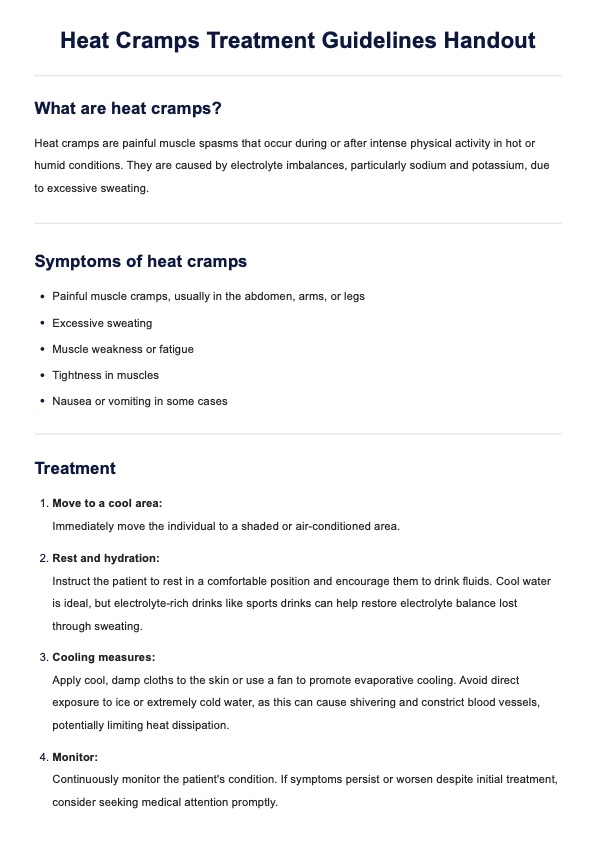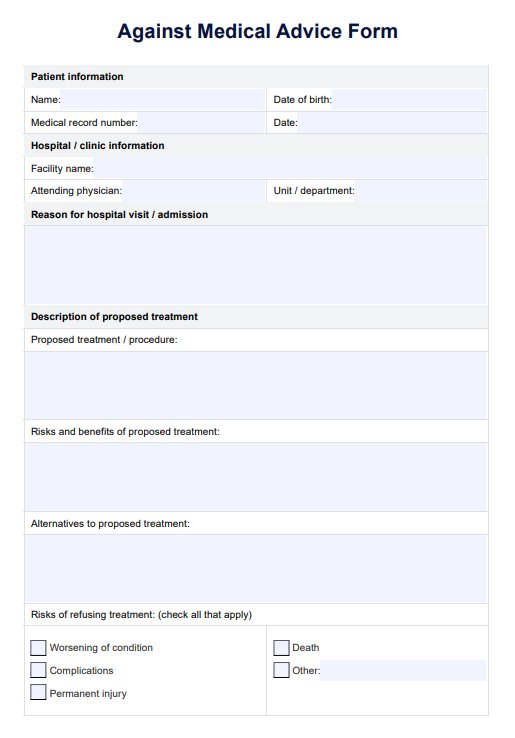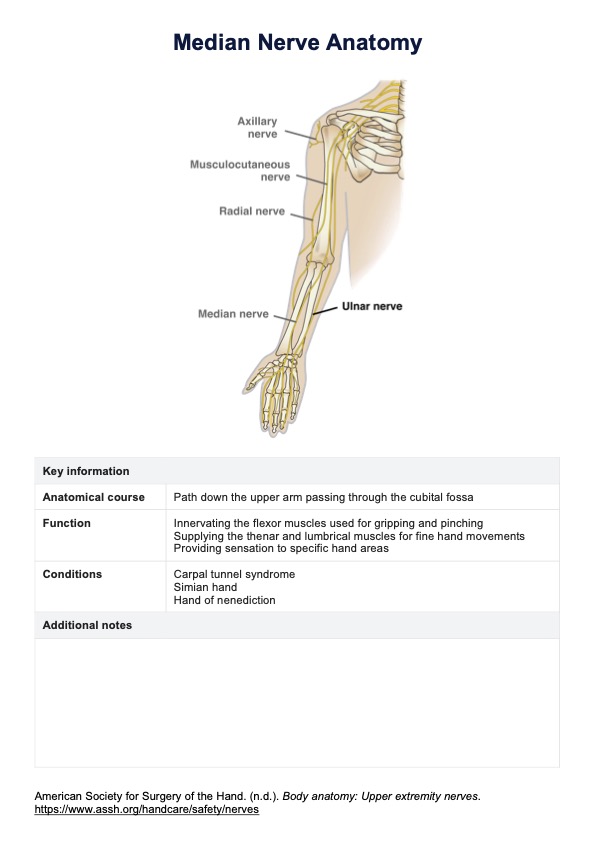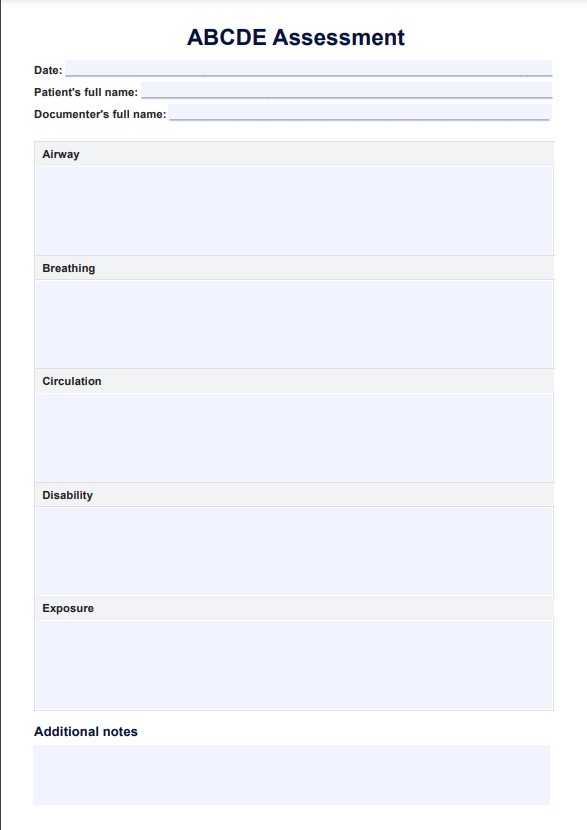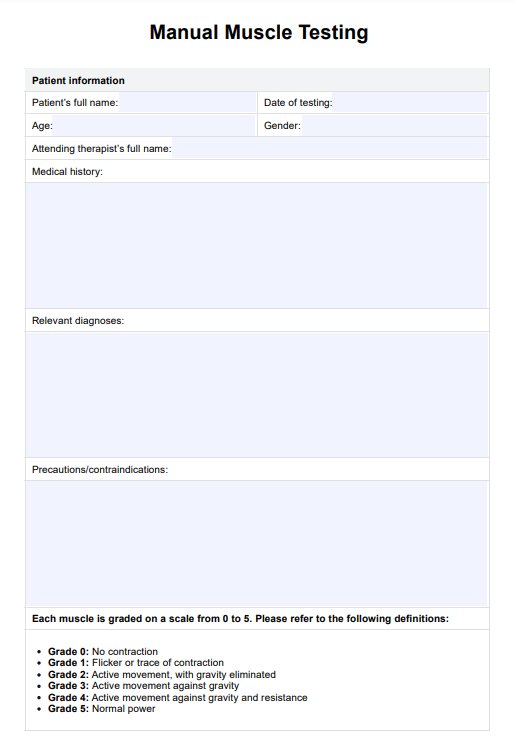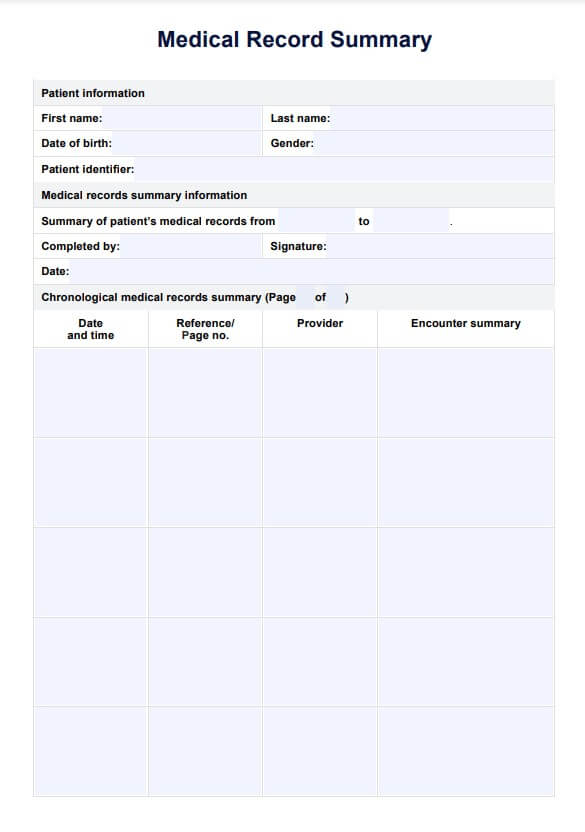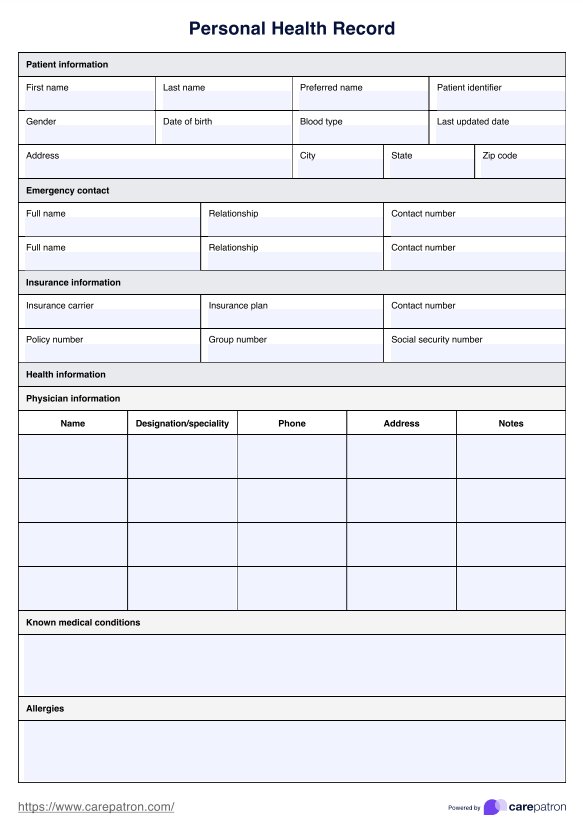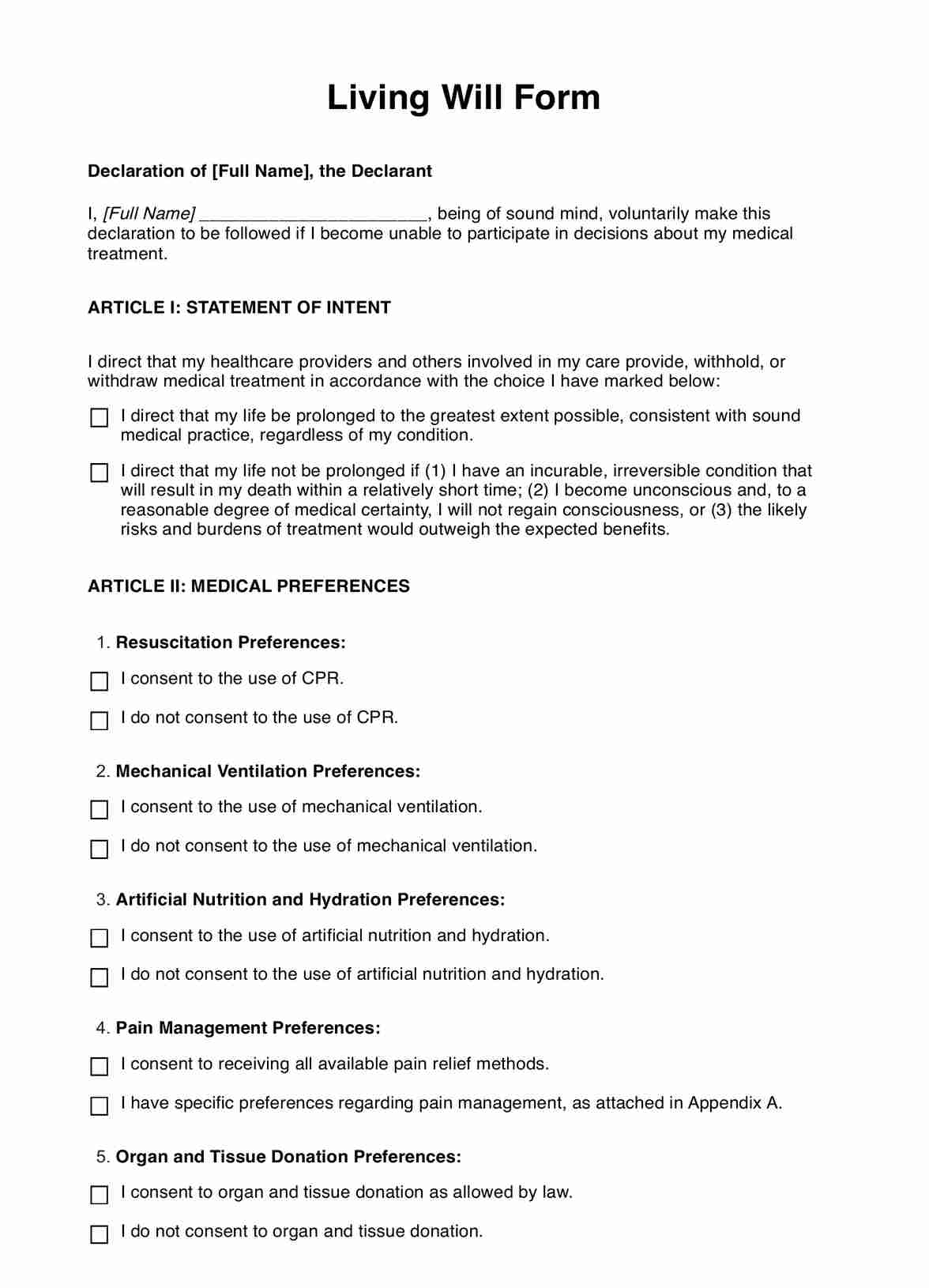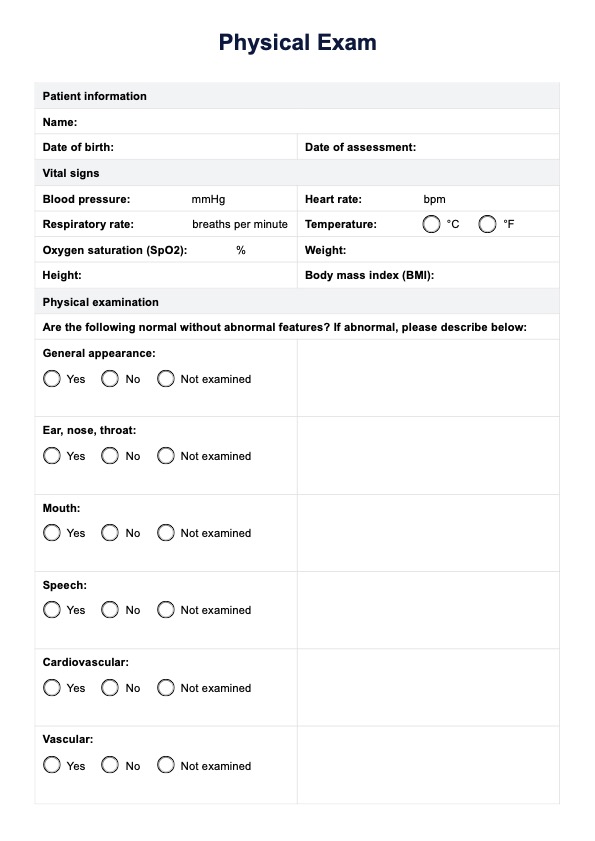HIPAA Release Form for Virginia
Learn about what a HIPAA Release Form for Virginia is and why it’s important for the privacy and security of your patient’s protected health information.


What is a HIPAA Release Form?
Healthcare professionals and providers are obligated to not discuss their patient’s protected health information with just anyone. They are sworn to ensure they secure this information by the Health Insurance Portability and Accountability Act (HIPAA).
Through this act, providers are only allowed to share a patient’s protected health information with the patient themselves and whoever the patient deems worthy of gaining access. Most of the time, this includes the members of the patient’s care team, loved ones, or most trusted friends. The only time that professionals and providers can share information is if a person has a signed HIPAA Release Form that indicates they were given the right to ask for and receive the medical information of a patient. Other than that, the only other times that this information can be shared are when the law requires it, for public health-related activities, and for certain governmental functions.
The HIPAA mandates were established to ensure patient privacy is respected and protected, especially if this information can be used to identify who they are.
In the case of this particular , which is a form for those living or being treated in the state of Virginia, this form will ensure that healthcare providers comply with the HIPAA mandates and local state laws to protect a person’s health information.
HIPAA Release Form for Virginia Template
HIPAA Release Form for Virginia Example
What would you normally see in a HIPAA Release Form for Virginia?
A HIPAA Release Form for Virginia is a straightforward legal document. A typical form will have the following:
- The patient’s information - This part will normally ask for the patient’s (or representative’s) full name, date of birth, current address, and contact information. Depending on who is issuing the form, it may ask for a person’s Social Security Number or their Patient Identification Number.
- Authorization Statement - This is the most important part of the form because it contains a statement that the patient or their representative grants the healthcare professional permission to disclose health information, but only to certain people (which the patient or representative will indicate) and certain parties (like law enforcement and certain government groups).
This section will also state what bits of information may be shared (the patient or their representative will indicate which bits of information they will allow being shared later when they reach a specific part of the form), their right to revoke the access that they have granted to certain individuals, and more.
- The name and address of the health provider/professional releasing the medical information will also be included below the authorization statement.
- The full names of people to whom the patient or their representative will grant access are also included. Some forms will only have a field for one person, while some will have multiple fields.
- Specific Information to be released - For this part, the patient or their representative will tick one of three checkboxes. One is for denying anyone else the right to access their medical information, save for certain parties, as indicated by HIPAA. One is for allowing all their medical information to be released. One is for only certain bits of information to be released (the patient or representative will indicate which ones).
They will also have to specify the date range of medical records that this release form will cover and the name of an attorney (including their firm) or a certain government agency that will be allowed to access their information.
- Reason for release - This indicates why their information is being released (e.g., insurance, legal proceedings, or simply giving access rights to certain people should they need it for something).
- Release form validity - The patient or their representative will indicate the validity period of the release form. It can be for as long as a month or effective until they decide to revoke it.
- Signature of the patient or representative at the bottom and the date they signed the form.
Some forms are attached to legal documents related to local laws as well as the Notice of Privacy Practices of the healthcare professional or provider. Some forms have a revocation clause in them, while some have separate revocation forms. You can use this notice of privacy practices template and this comprehensive HIPAA release form can strengthen your practice and enhance client outcomes.
When is it best to use the HIPAA Release Form for New York?
This is a strict HIPAA requirement, so you must have this prepared when you’re about to treat a patient for something. You have to hand this to your patients, explain your privacy practices to them, and give them a copy of your Notice of Privacy Practices.
One of the best times to use this form is when your patient will be transferred to another facility. Some reasons a patient would get transferred to another provider include not having the necessary equipment or expertise to deal with a certain problem that you found through a comprehensive examination of the patient. Another reason would be the patient will be moving to a different state.
Before transferring, this form can be issued so the patient can grant permission to their current provider to release the patient’s medical information to the next provider. This is so the next provider will know what testing and treatment have been done, and they can pick it up from there.
The HIPAA Release Form is also an essential document to have in legal proceedings. This document can protect either the provider or patient, depending on what the legal dispute is about.
It’s also used for insurance purposes. If a patient files for an insurance claim related to their health, the insurance firm will most likely ask for their medical information. To ensure their claim can proceed quickly and smoothly, it’s best to prepare this form with authorization to disclose the patient’s medical information for insurance purposes.
What are the benefits of using a HIPAA Release Form for Virginia?
It can inform patients about how much control they have over their protected health information.
HIPAA Release Forms, more often than not, have pre-written sections containing authorization statements, and patients simply need to sign the appropriate sections and indicate the names of individuals they will grant access to (or not).
Before they sign any release form, it’s best to sit them down and talk about what the form entails. This is usually discussed alongside explaining the professional or provider’s Notice of Privacy Practices and how local state laws apply. Explaining the purpose of this form in relation to HIPAA, the privacy practices of the professional/provider, and local state laws, patients (or their representatives) will learn about their medical privacy rights and how much of it they can control.
It can protect the legal rights of patients and providers.
The HIPAA Release Form is a legal requirement. Healthcare providers or professionals must comply with HIPAA mandates by issuing this document to their patients.
Other than for legal compliance, this form can be used to help support legal cases and protect either the patient or the provider.
Let’s stipulate that you’re a healthcare provider or professional, and a former patient decides to slap you with a baseless legal accusation that you violated the security of their protected health information even though you didn’t. You can use signed HIPAA Release Forms and other necessary documents to counter their claims.
Likewise, if you did violate the security of their protected health information, the patient can use this to support their claims.
It can help establish the continuity of care when patients switch providers.
Earlier in this guide, we mentioned that one of the appropriate times to use this form is when a patient will have to switch providers. Let’s say that you have a patient who has to switch providers because they have to move somewhere far. It would be a waste if their treatment starts from scratch when a new medical team handles them, so it’s best to have your patient fill out this form that grants you the right to disclose their medical information. This can help ensure whatever progress has been made with the current provider won’t be wasted, and the next one can continue the efforts.

Commonly asked questions
Any healthcare provider or professional in Virginia can and should use this form for work and legal compliance. Patients can also use this to indicate who else can access their medical information, file for an insurance claim, or to use it as evidence in legal proceedings.
Patients have the right to revoke whatever authorization they have allowed before. They can revoke this authorization at any time. Once revoked, those they gave access permissions to will no longer be able to access the patient’s medical information.
The patient or their representative will decide how long the validity of the authorization they gave will last. It can be as long as a week, or they can make the form valid for as long as they haven’t revoked it.


